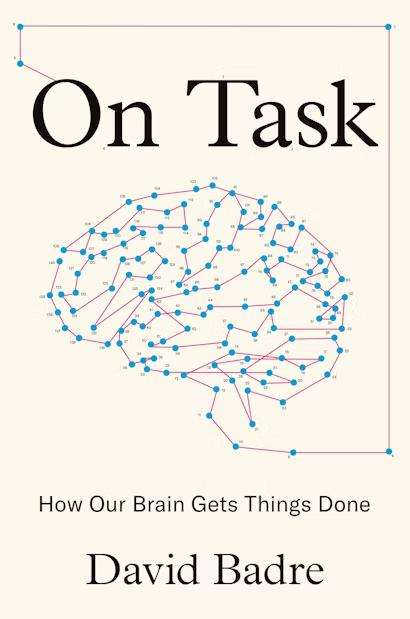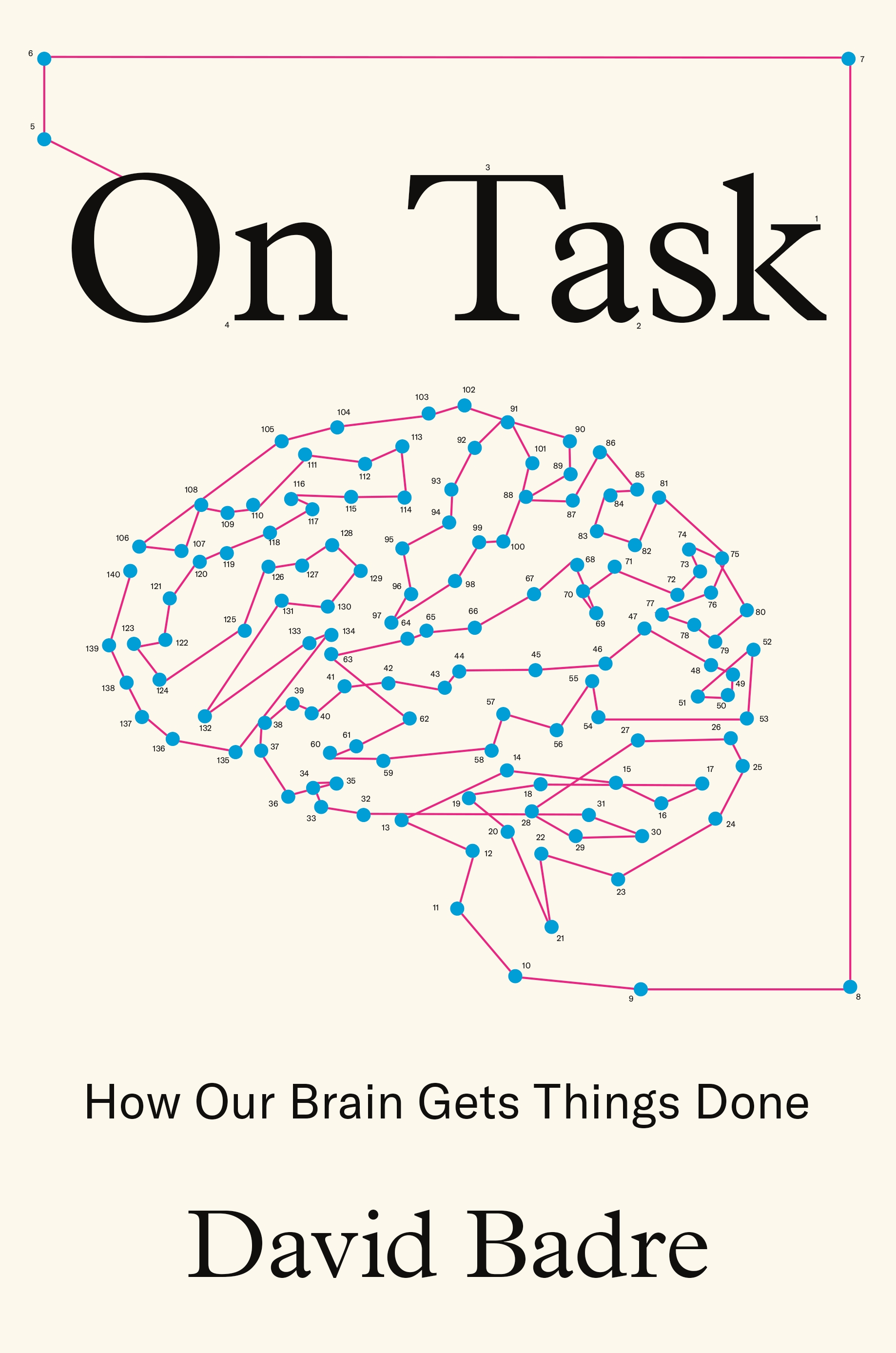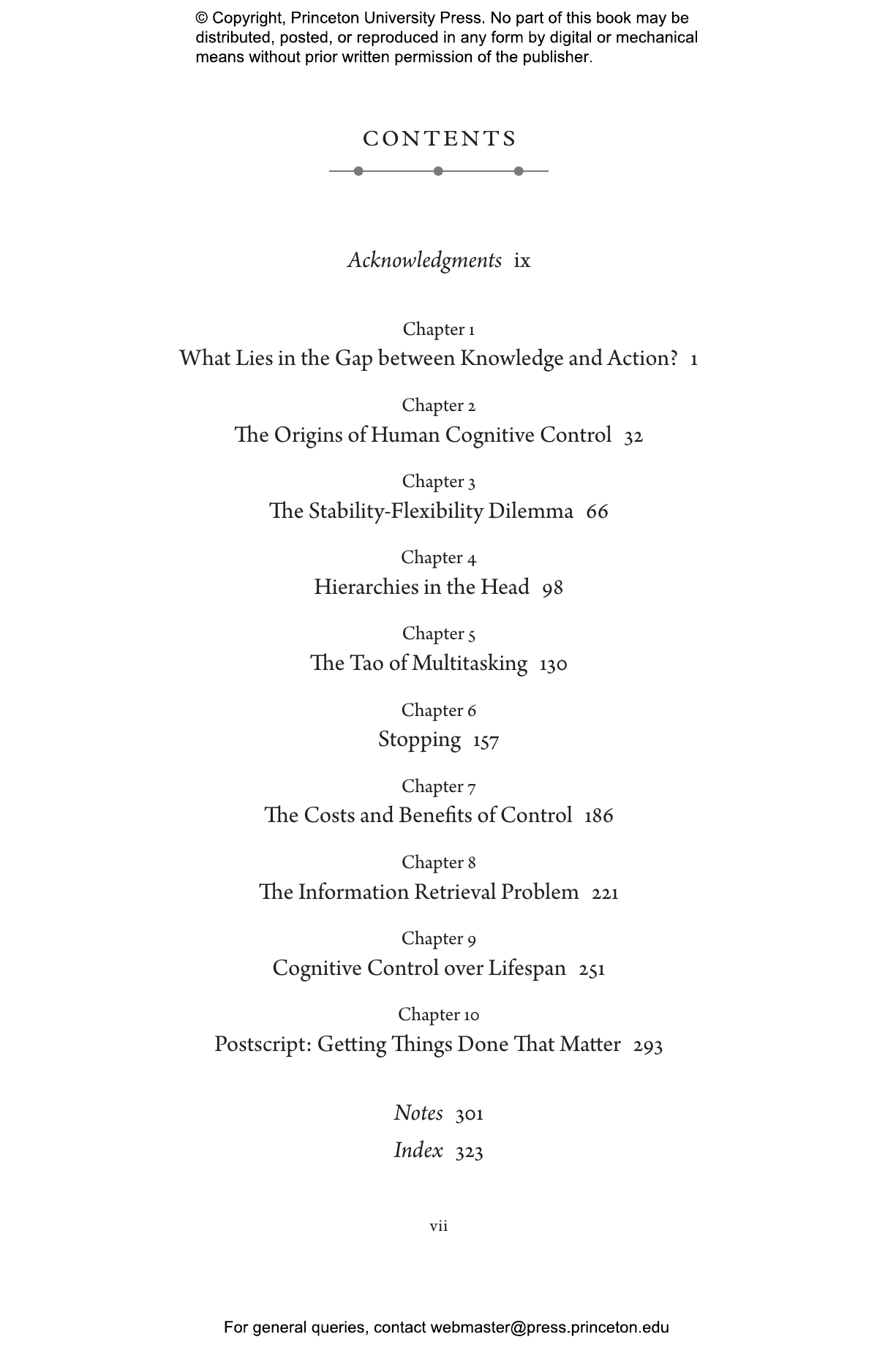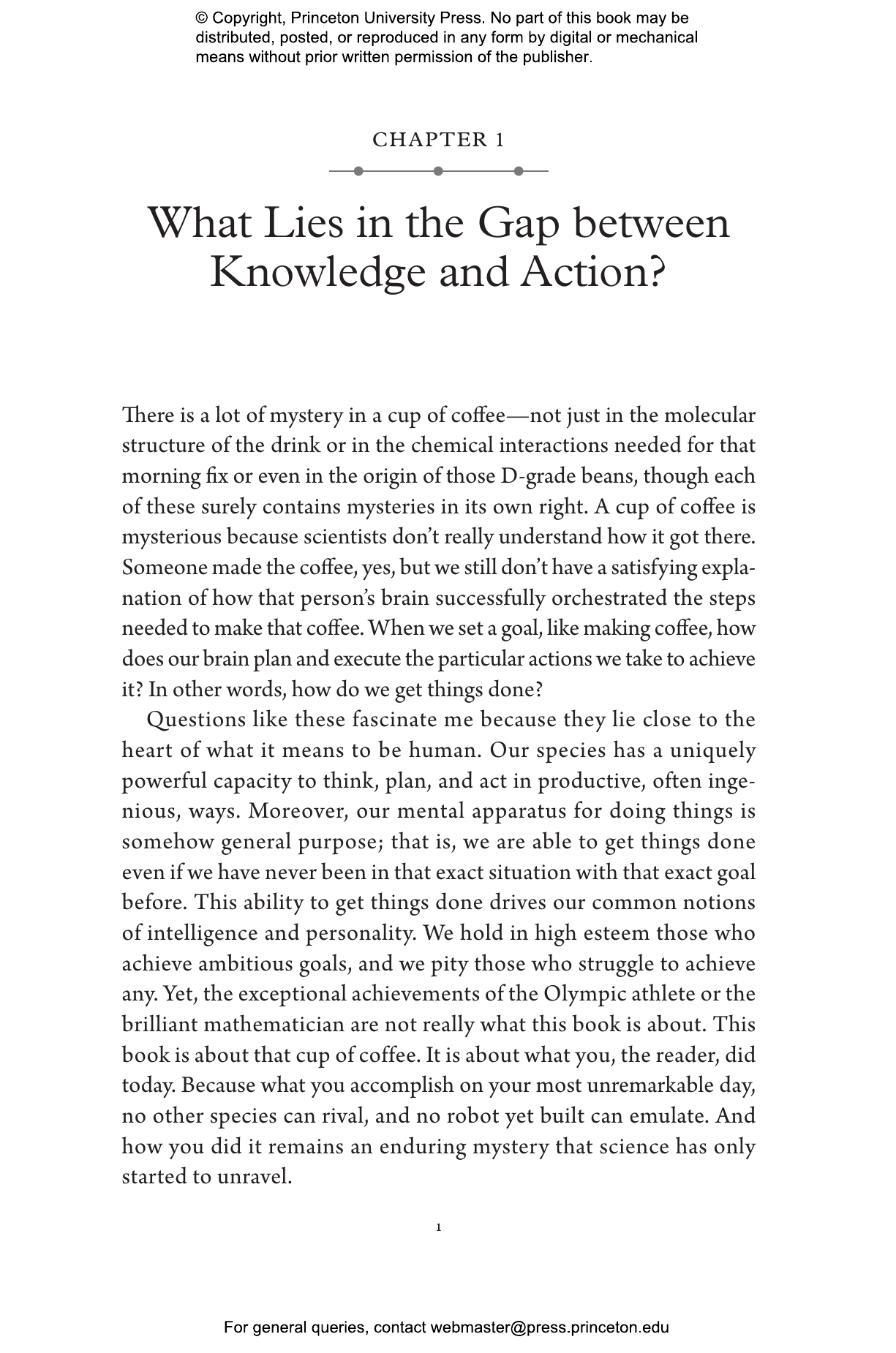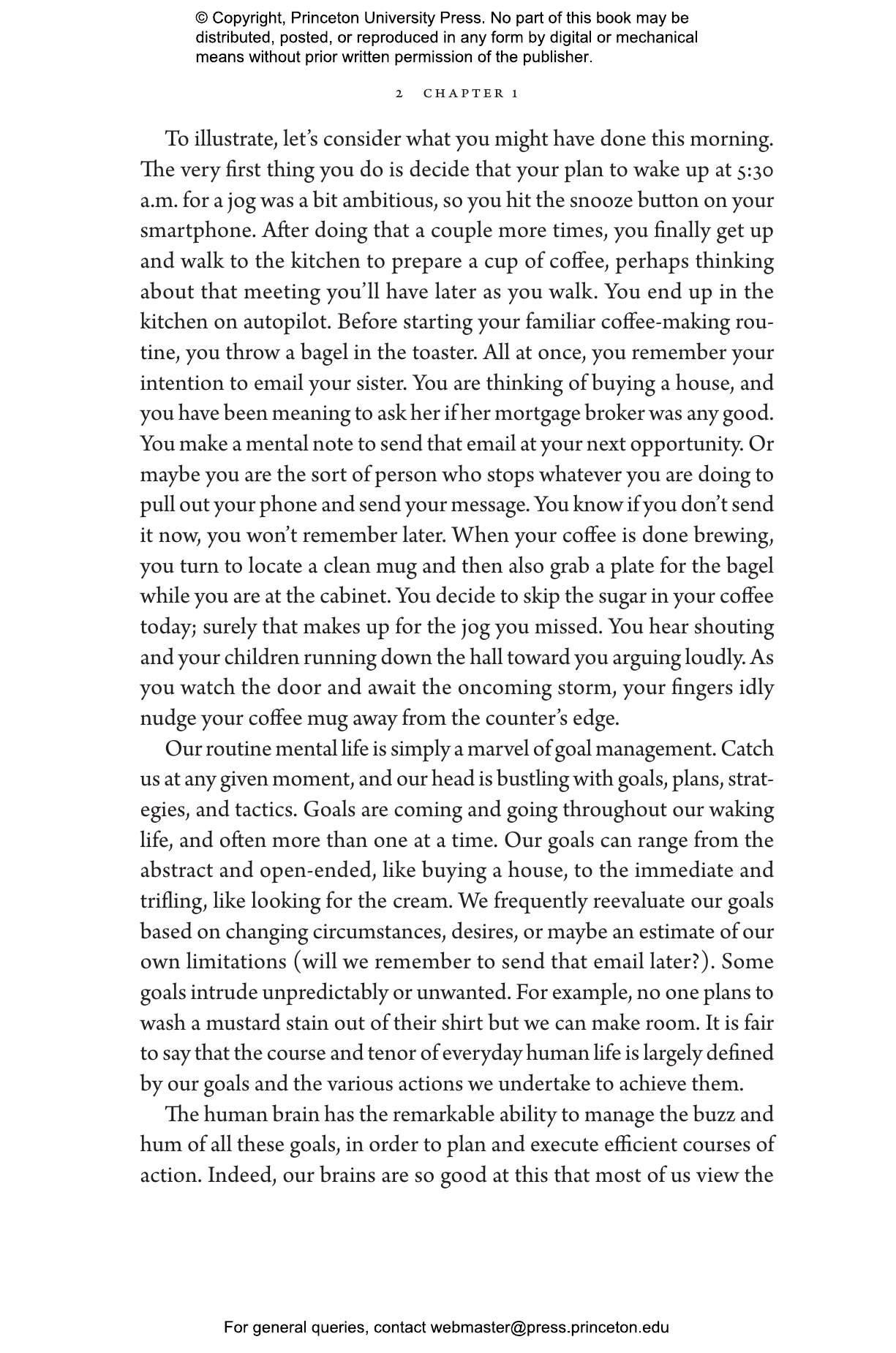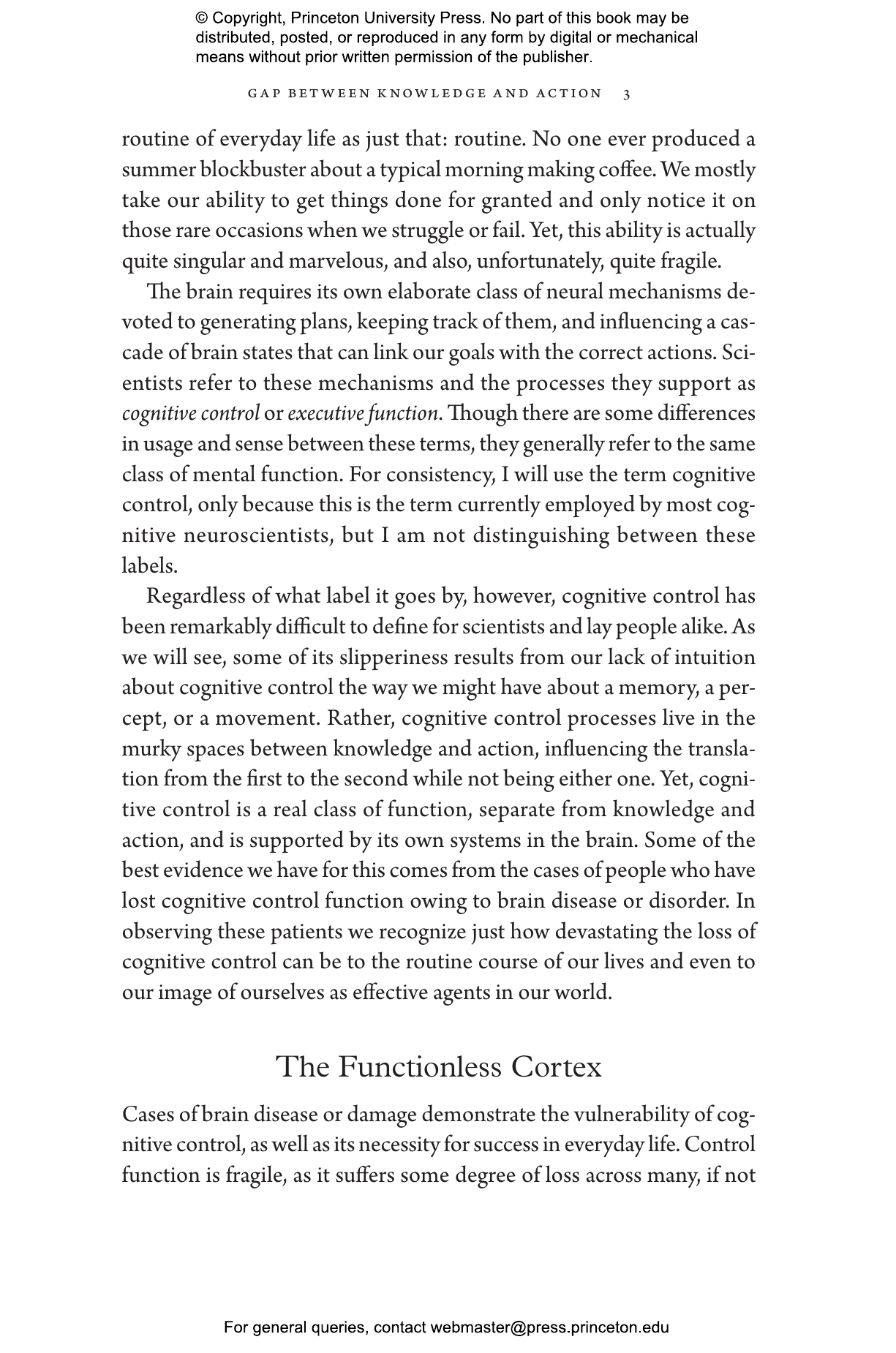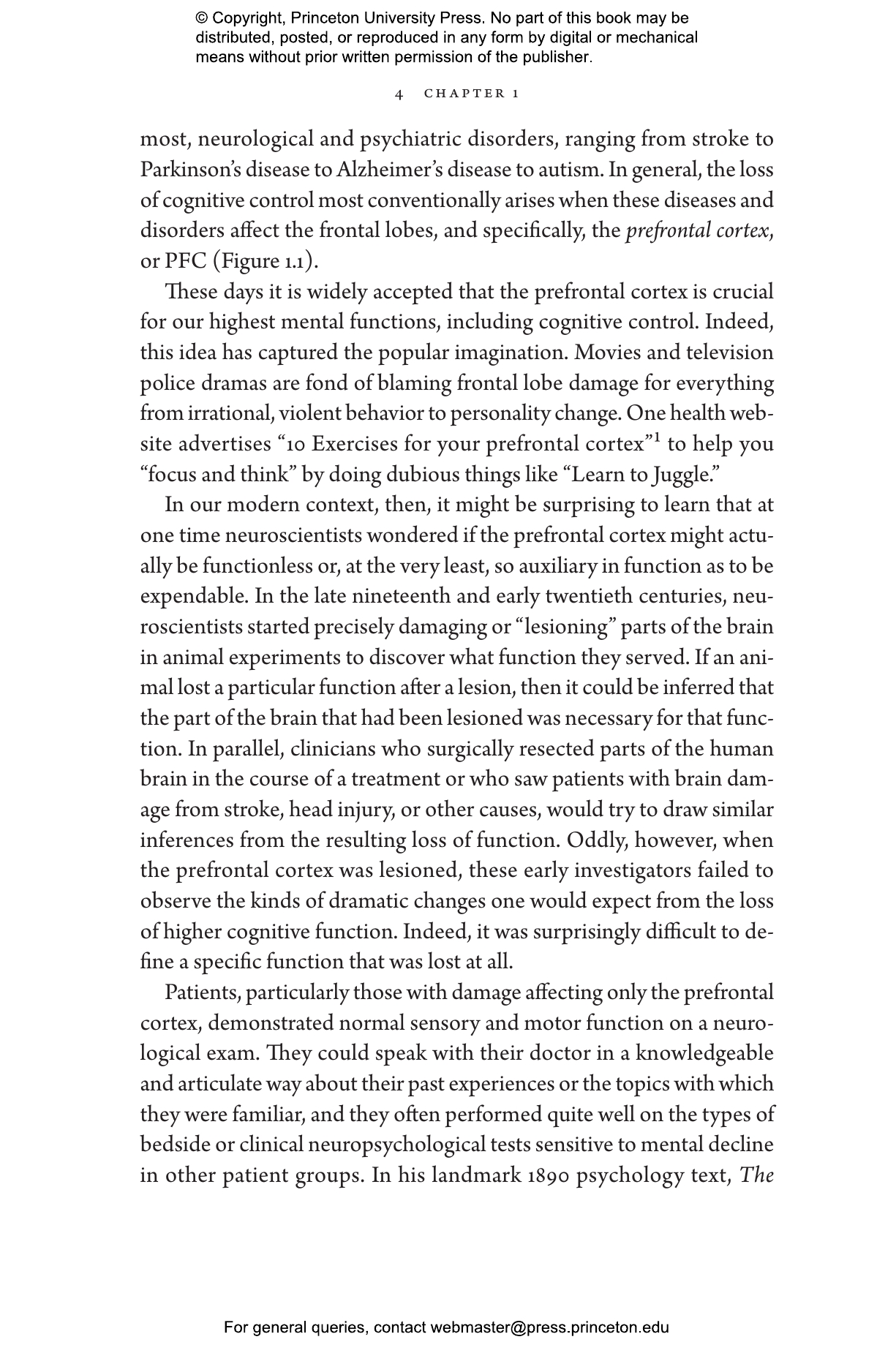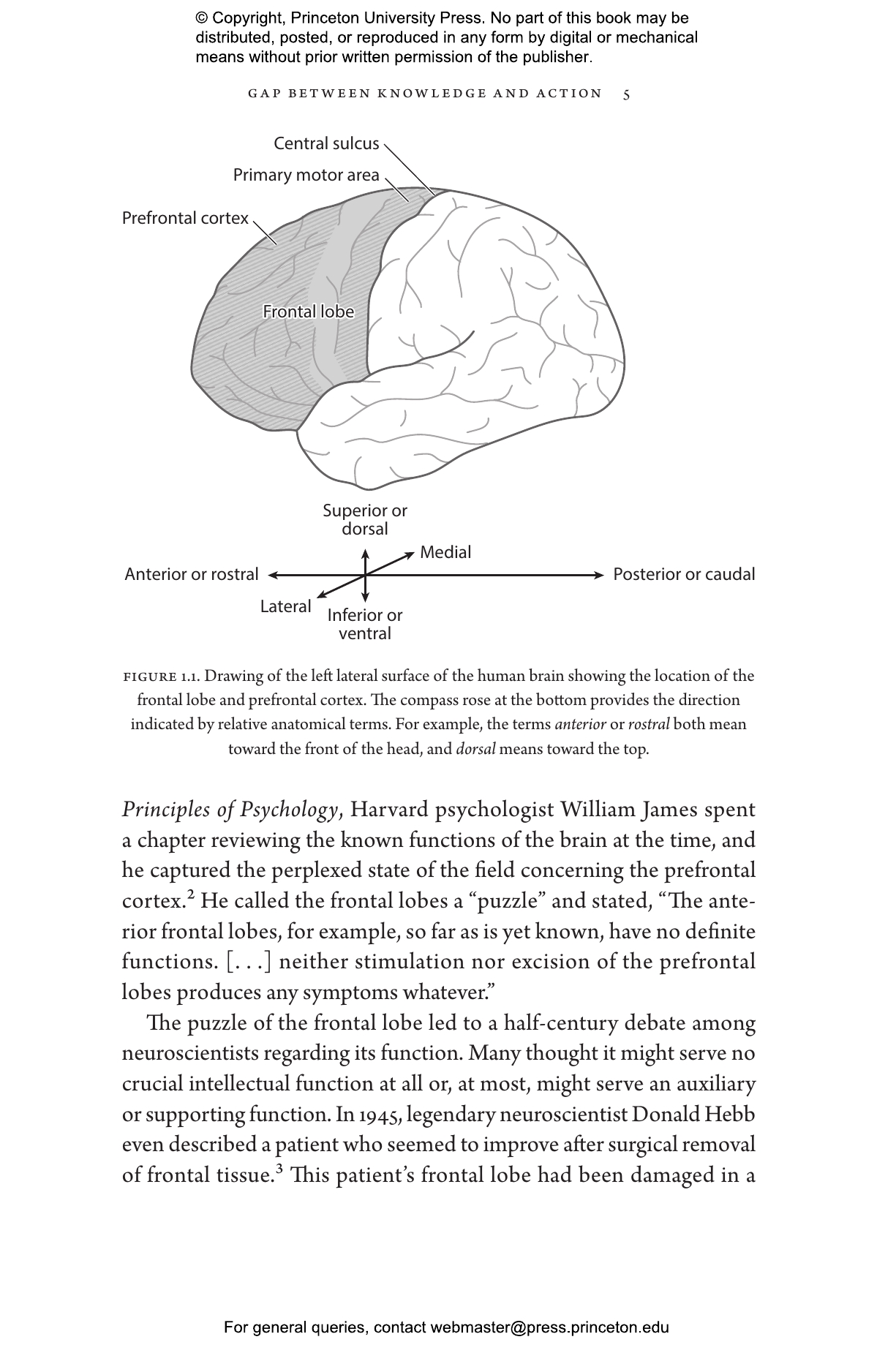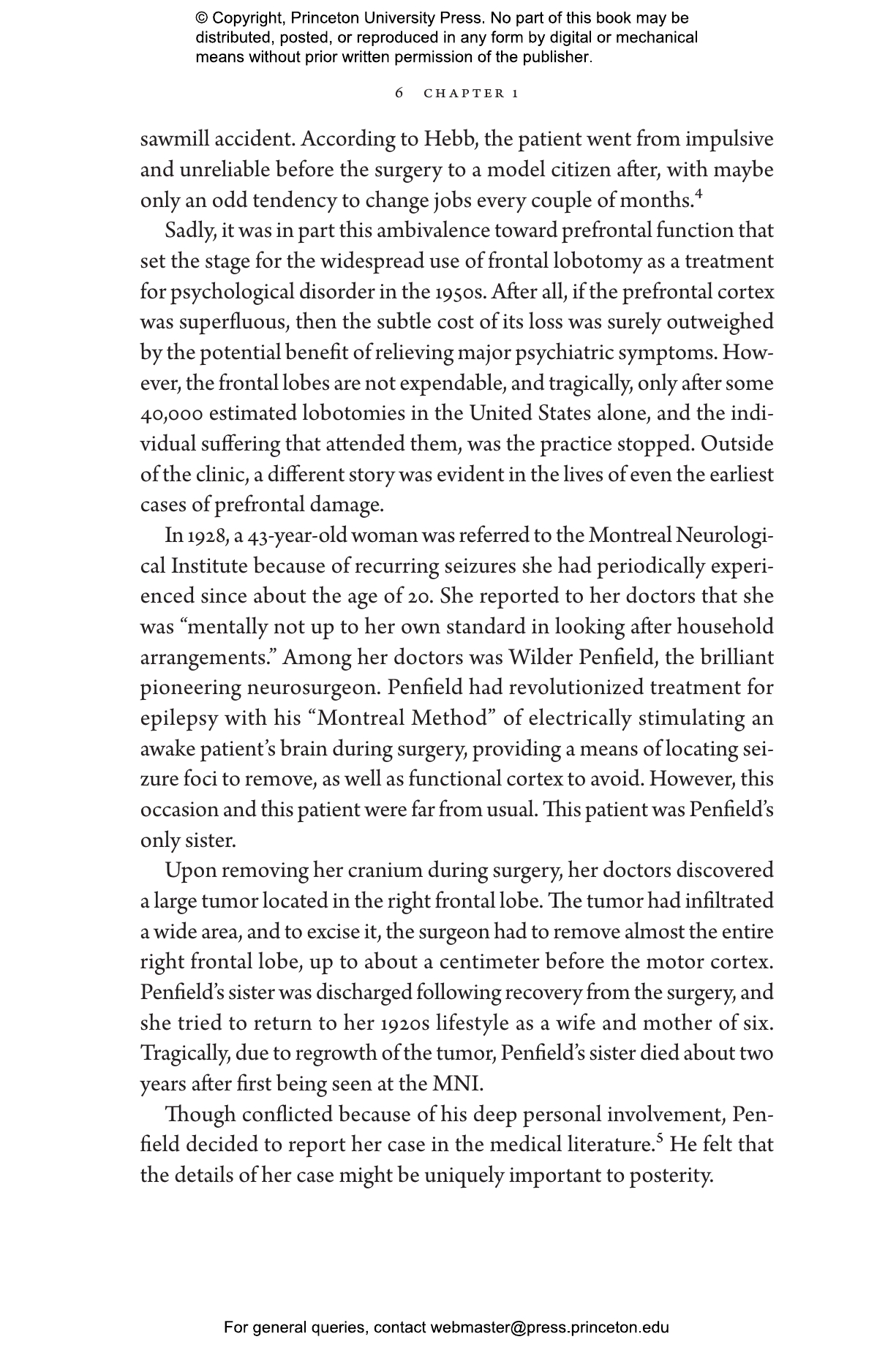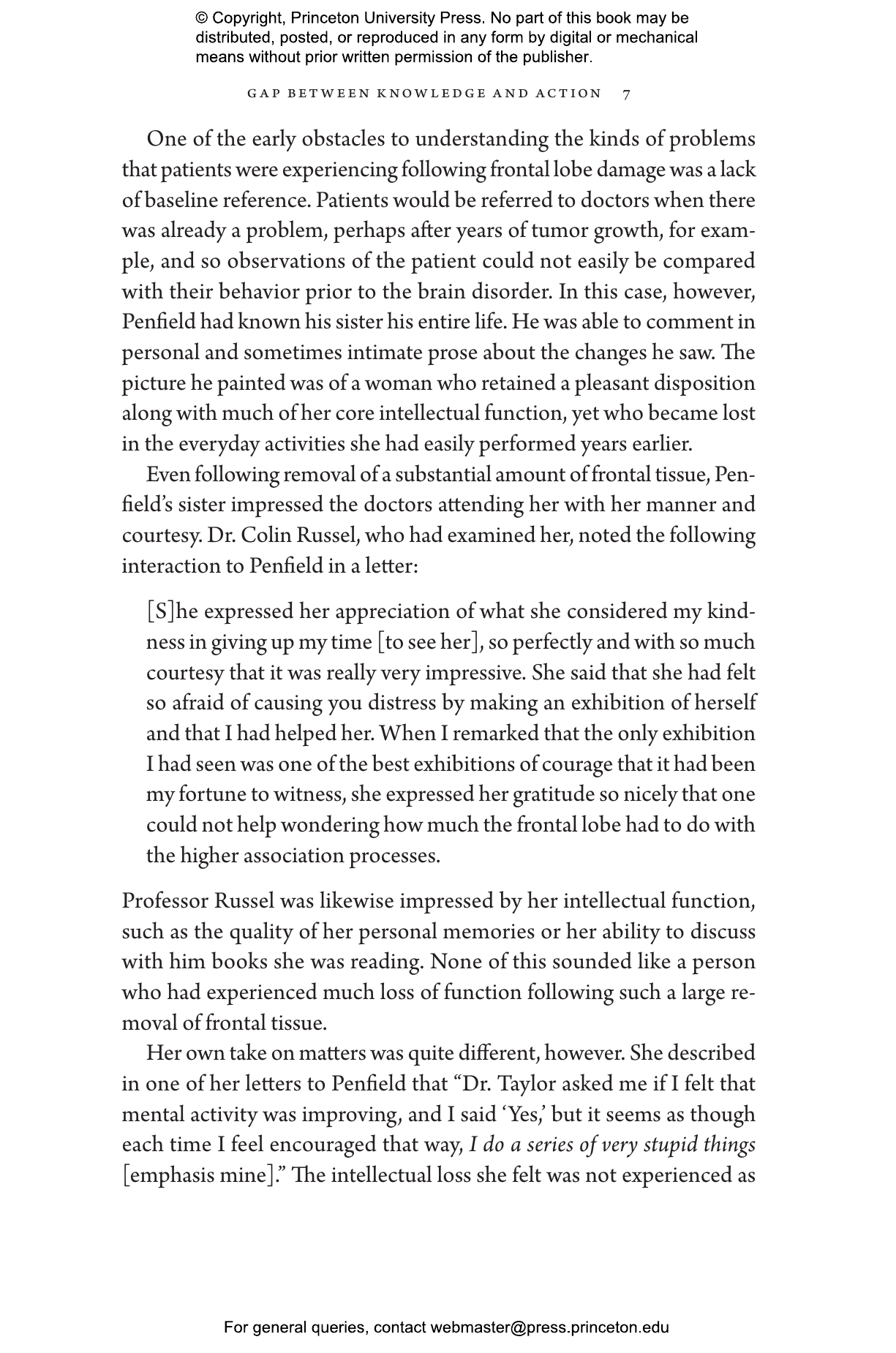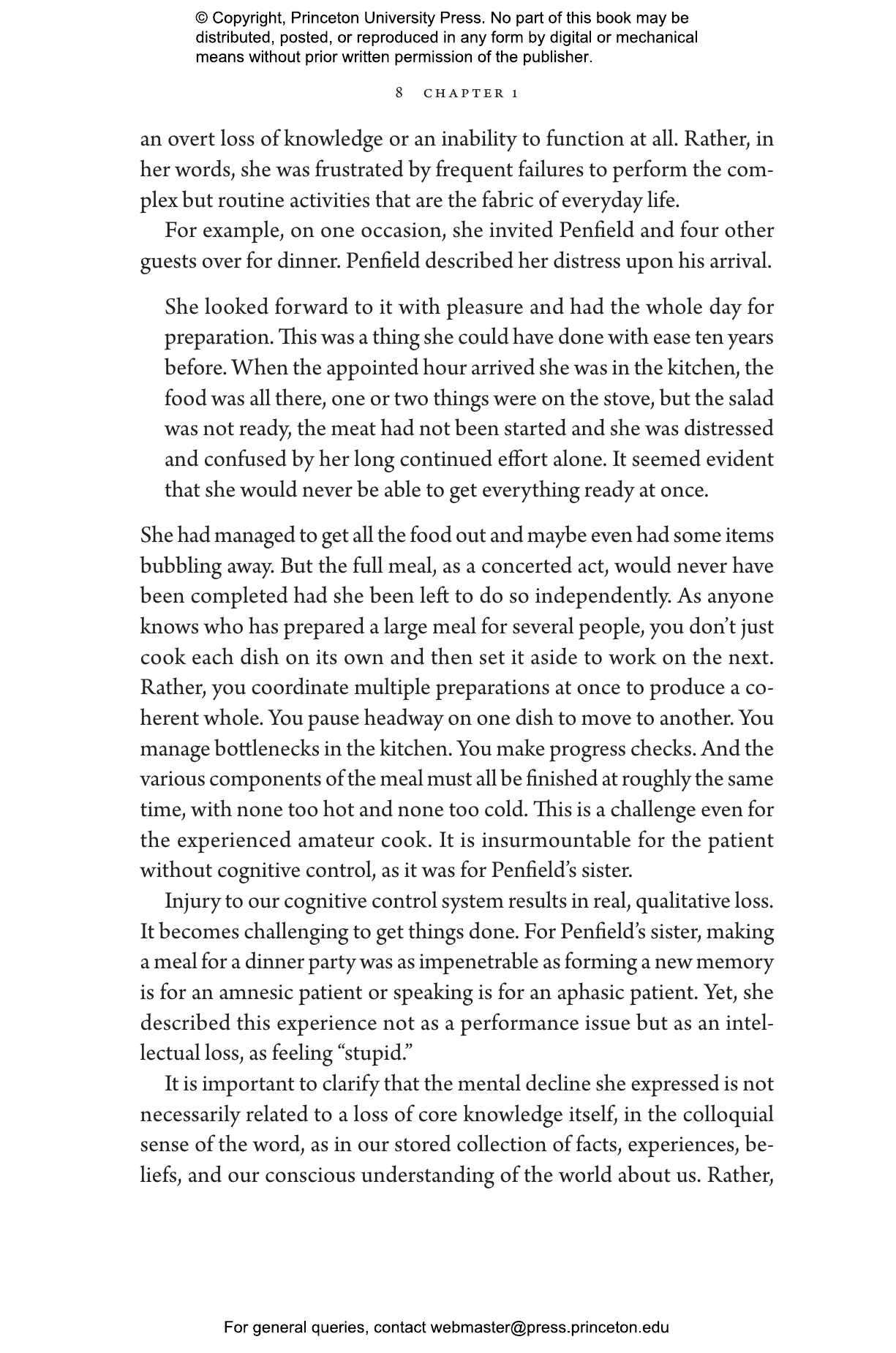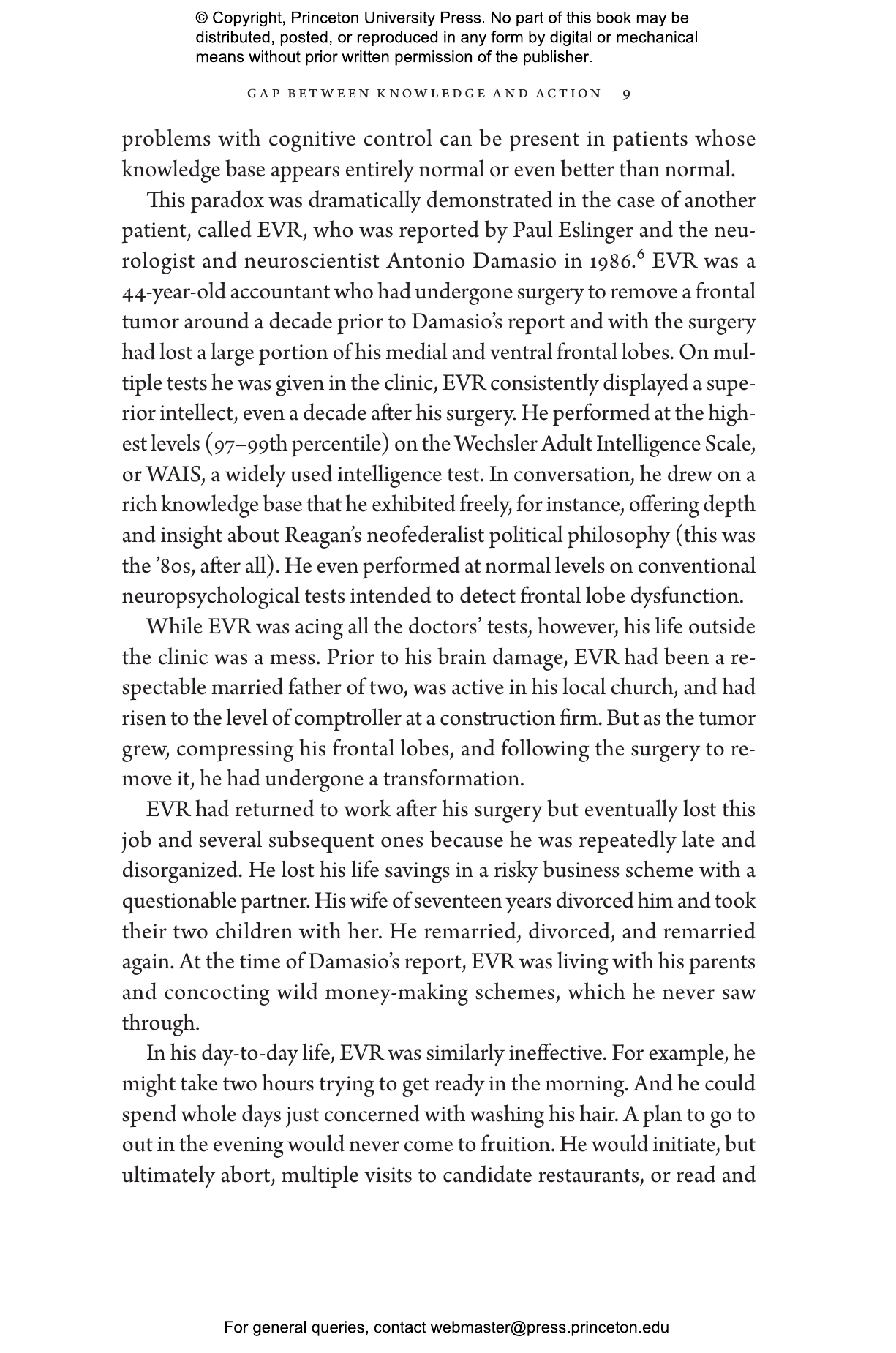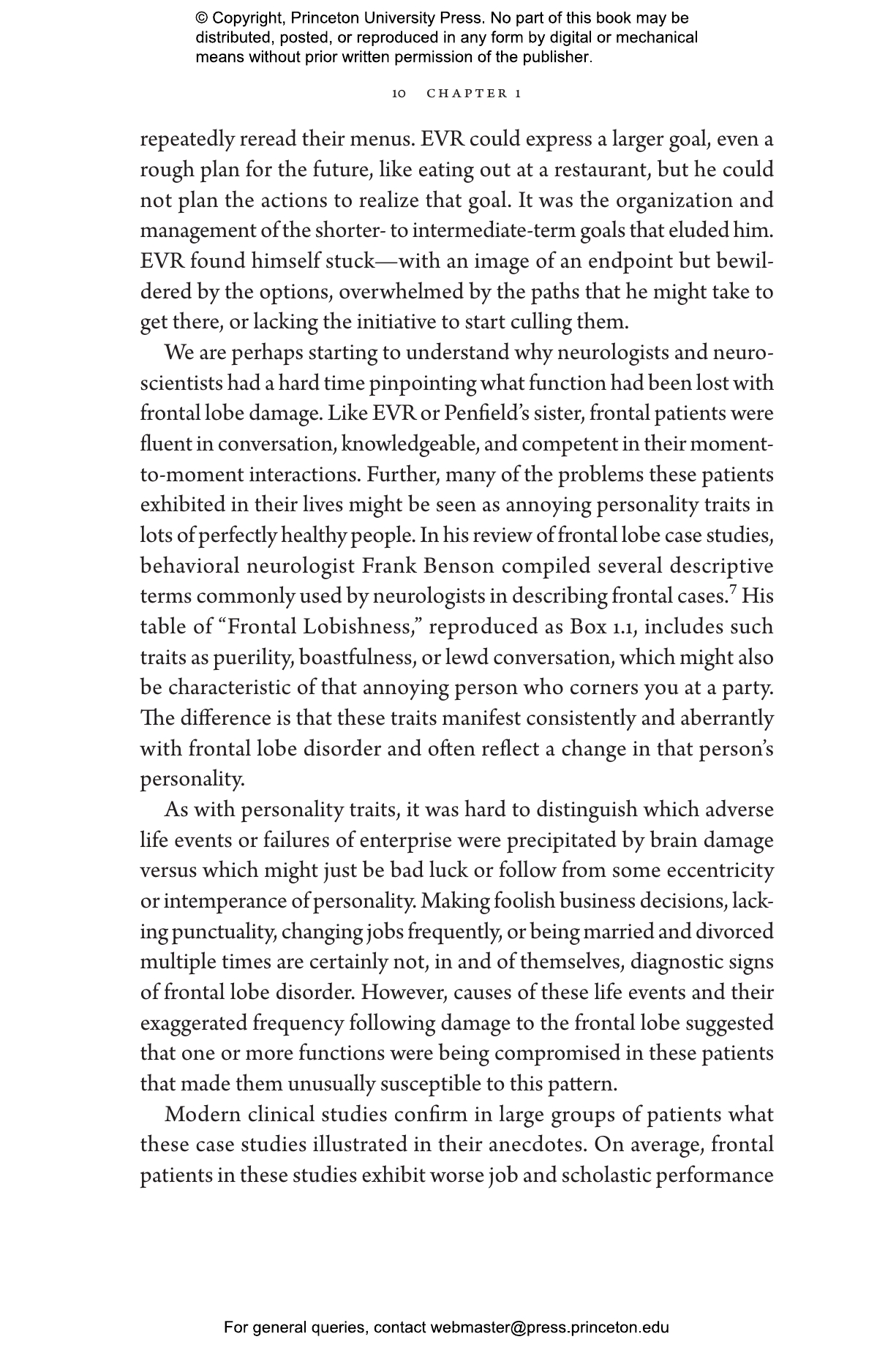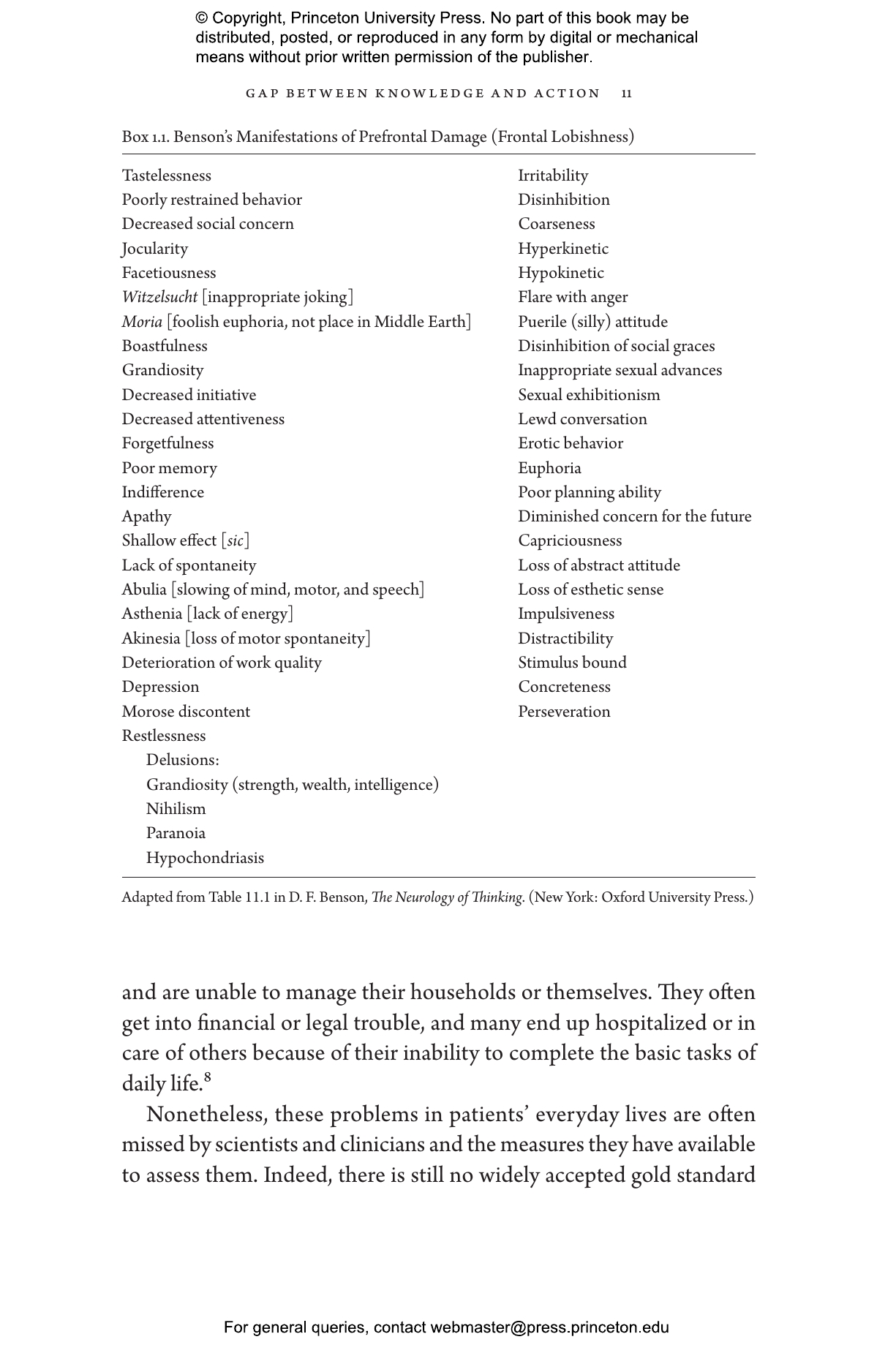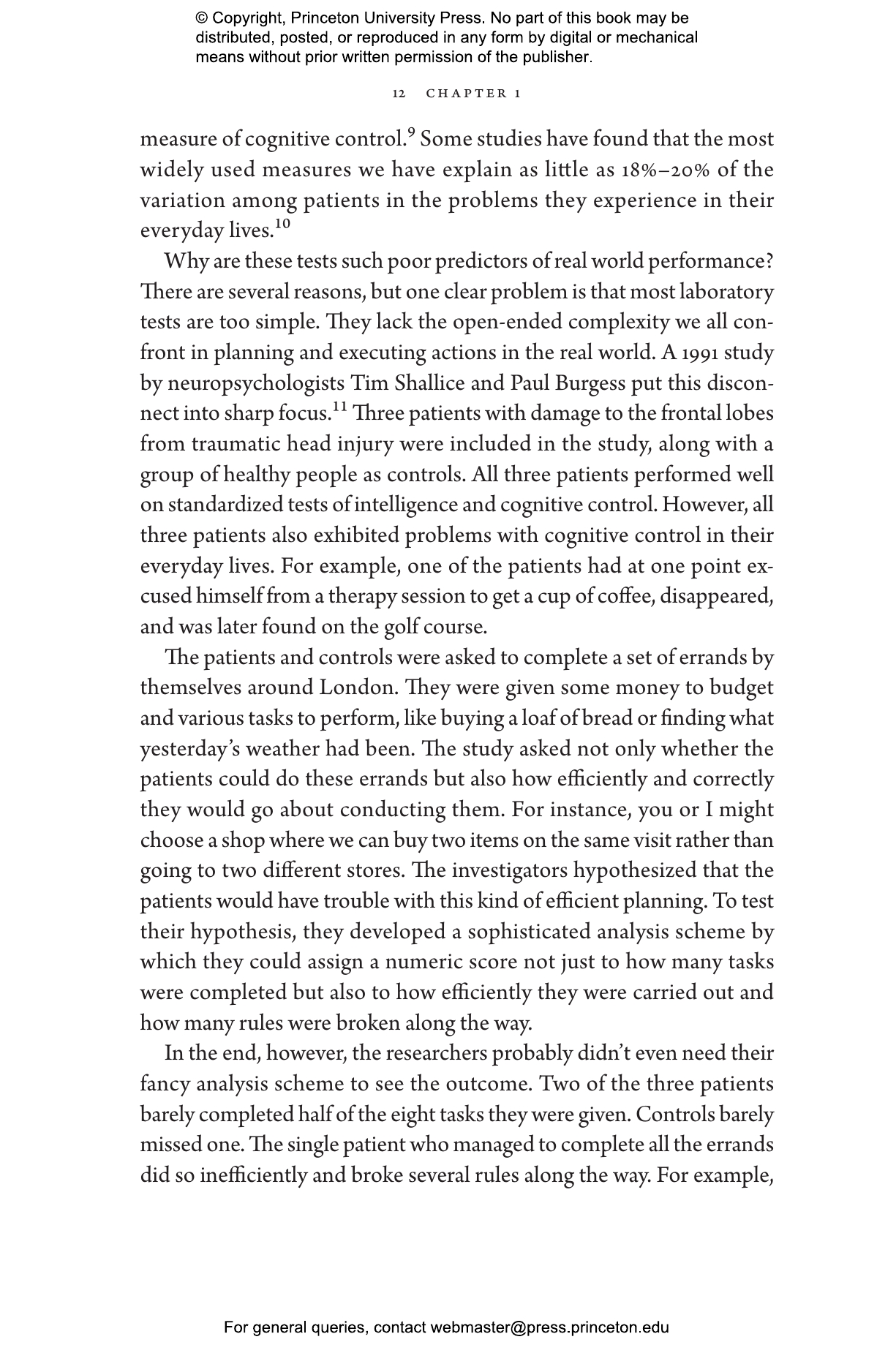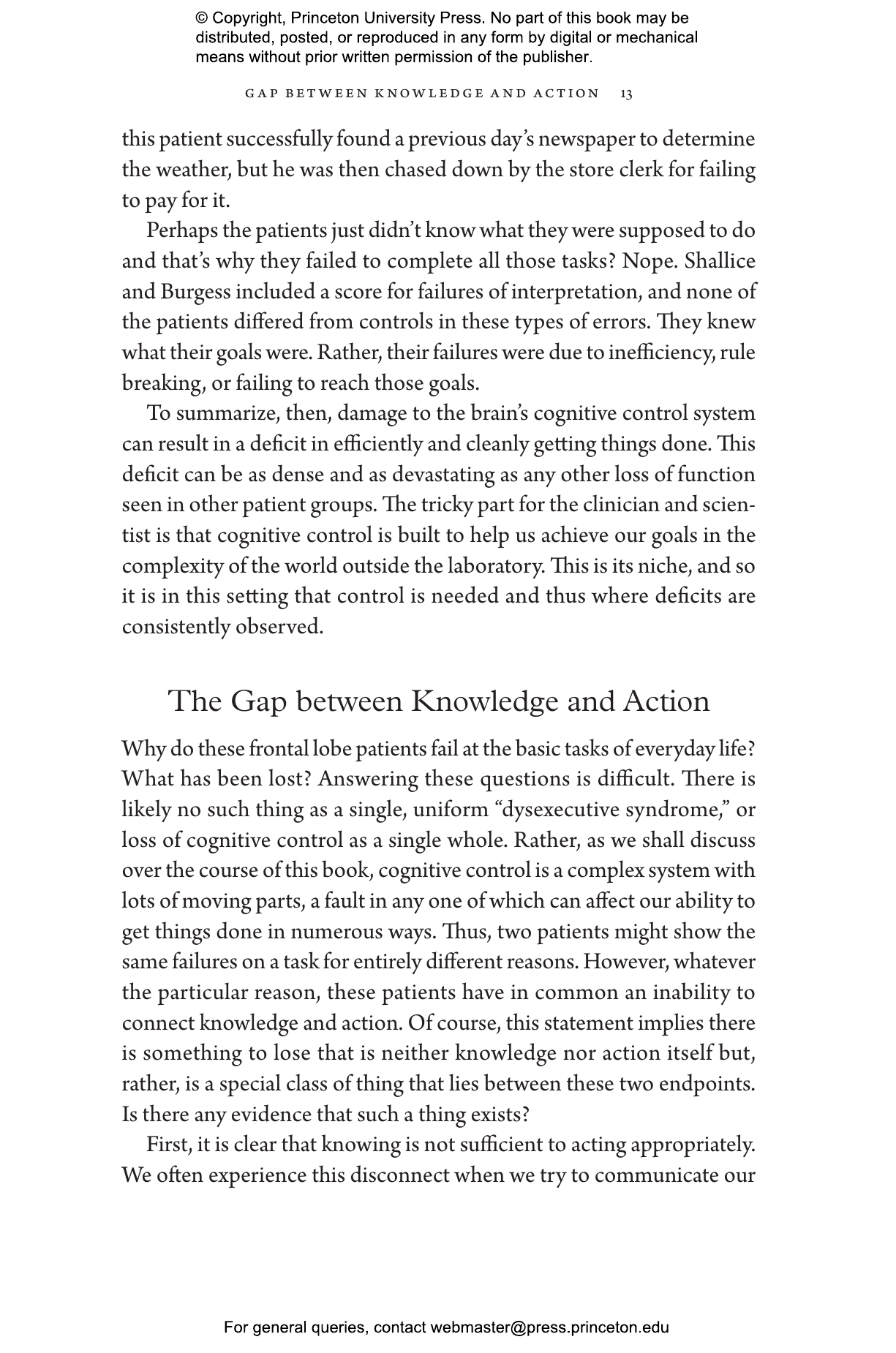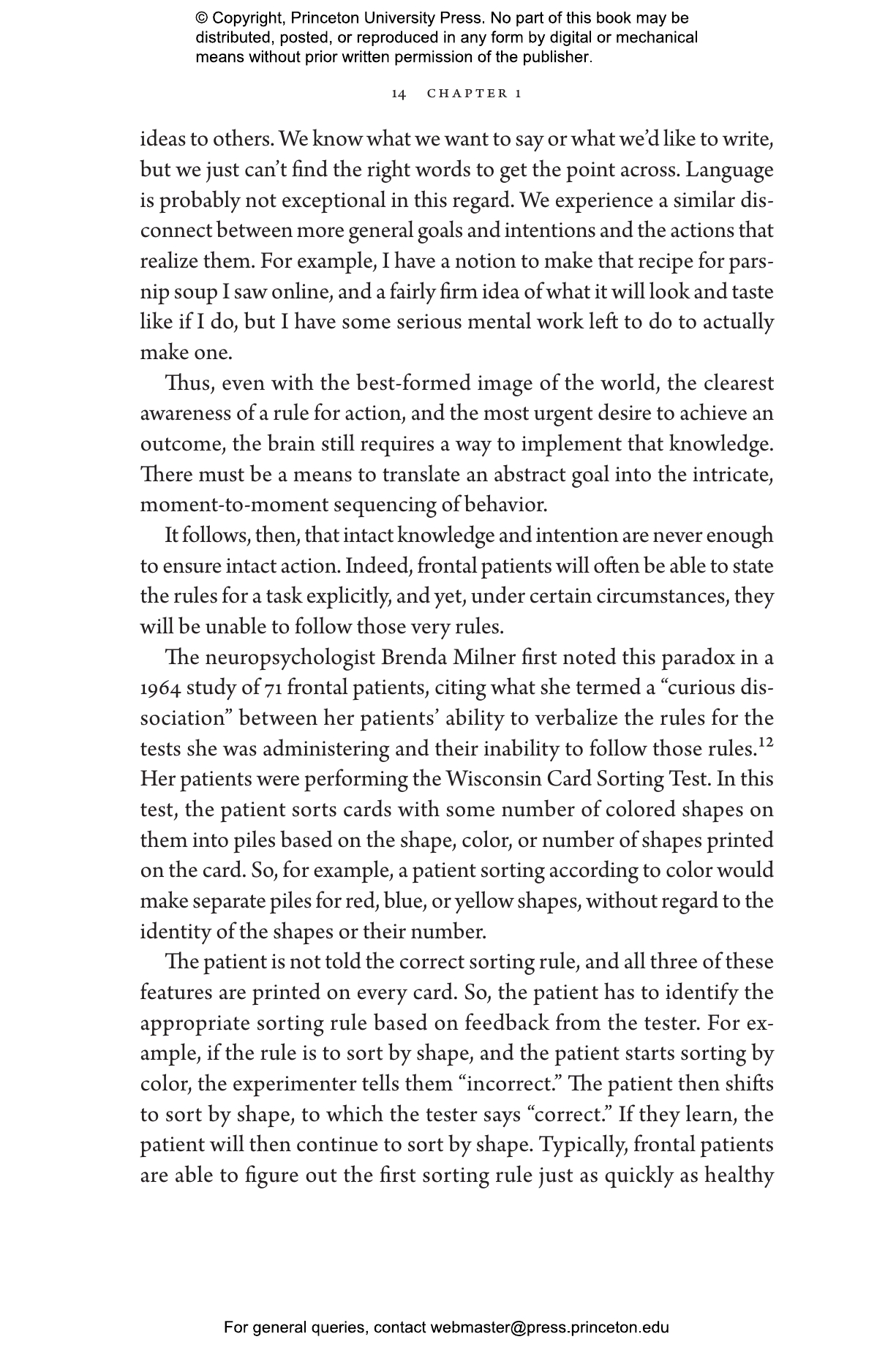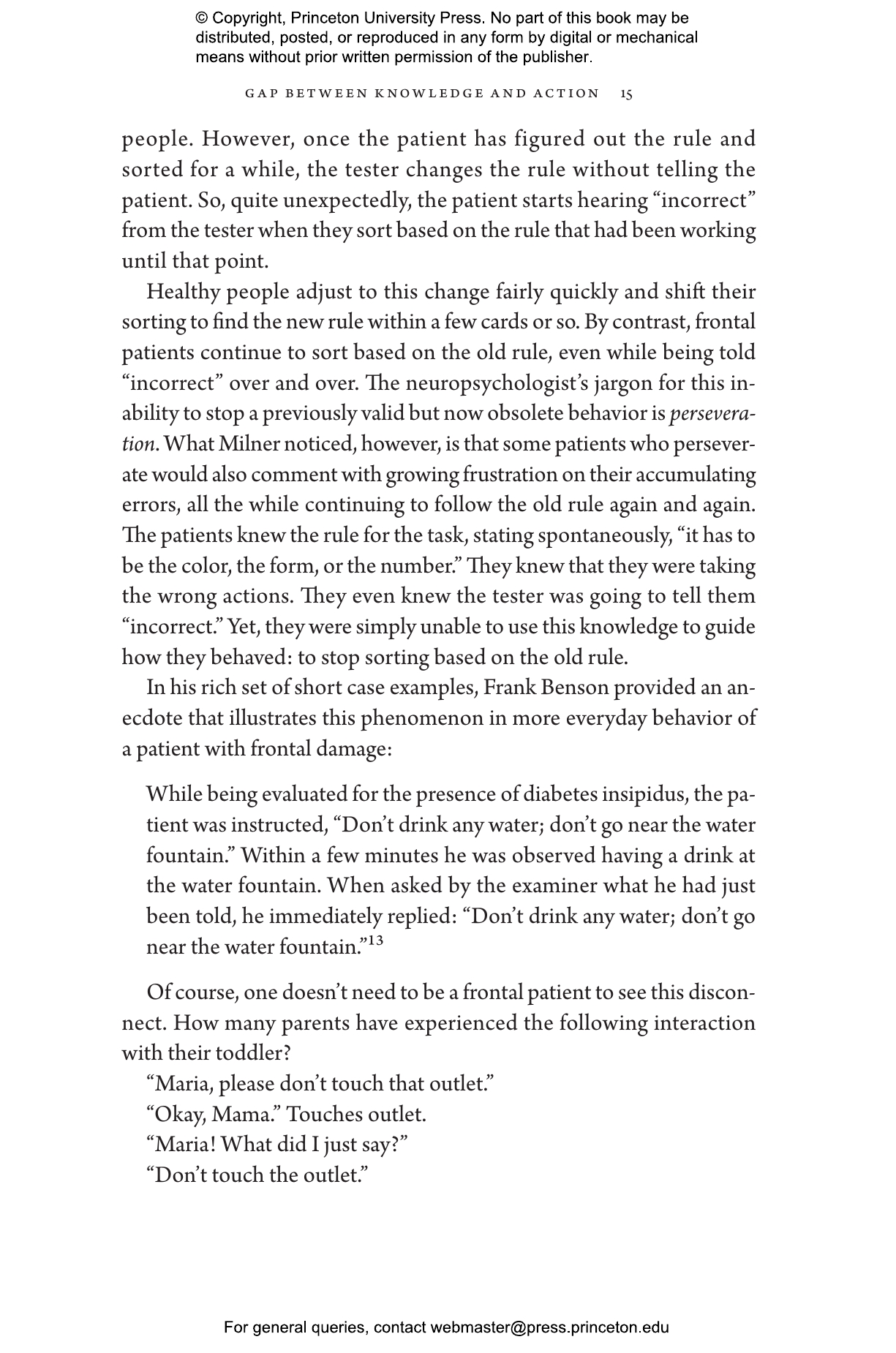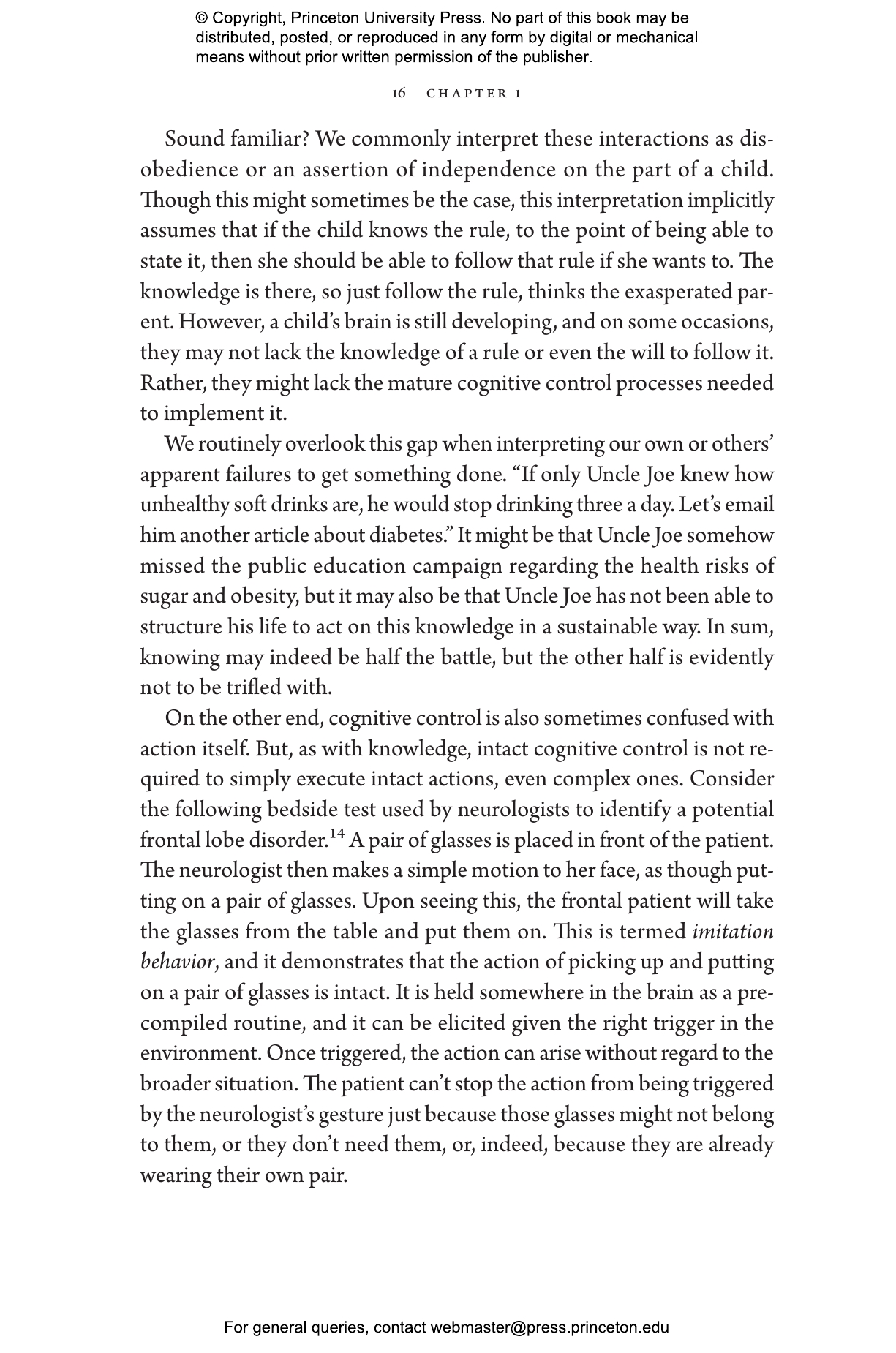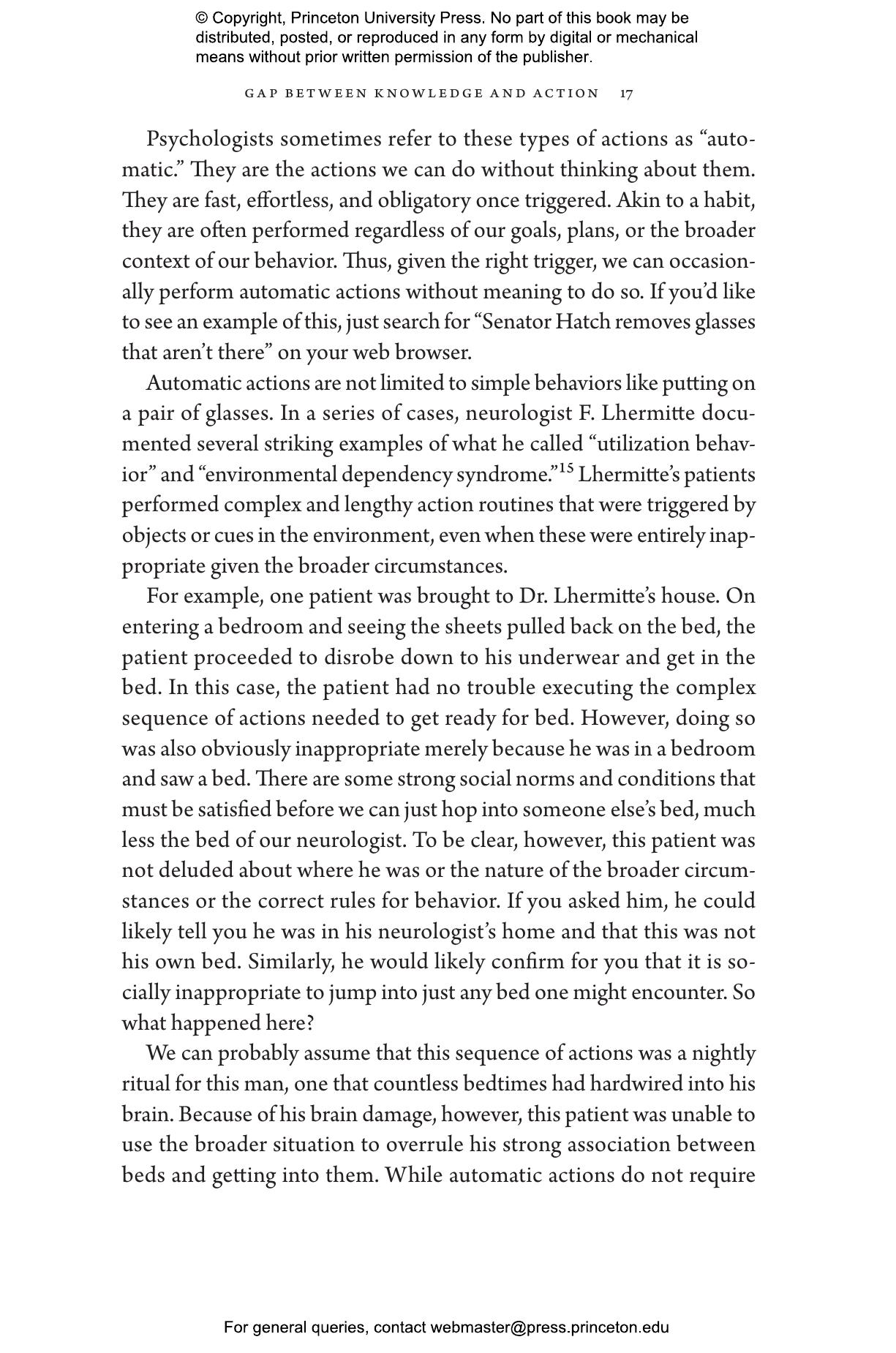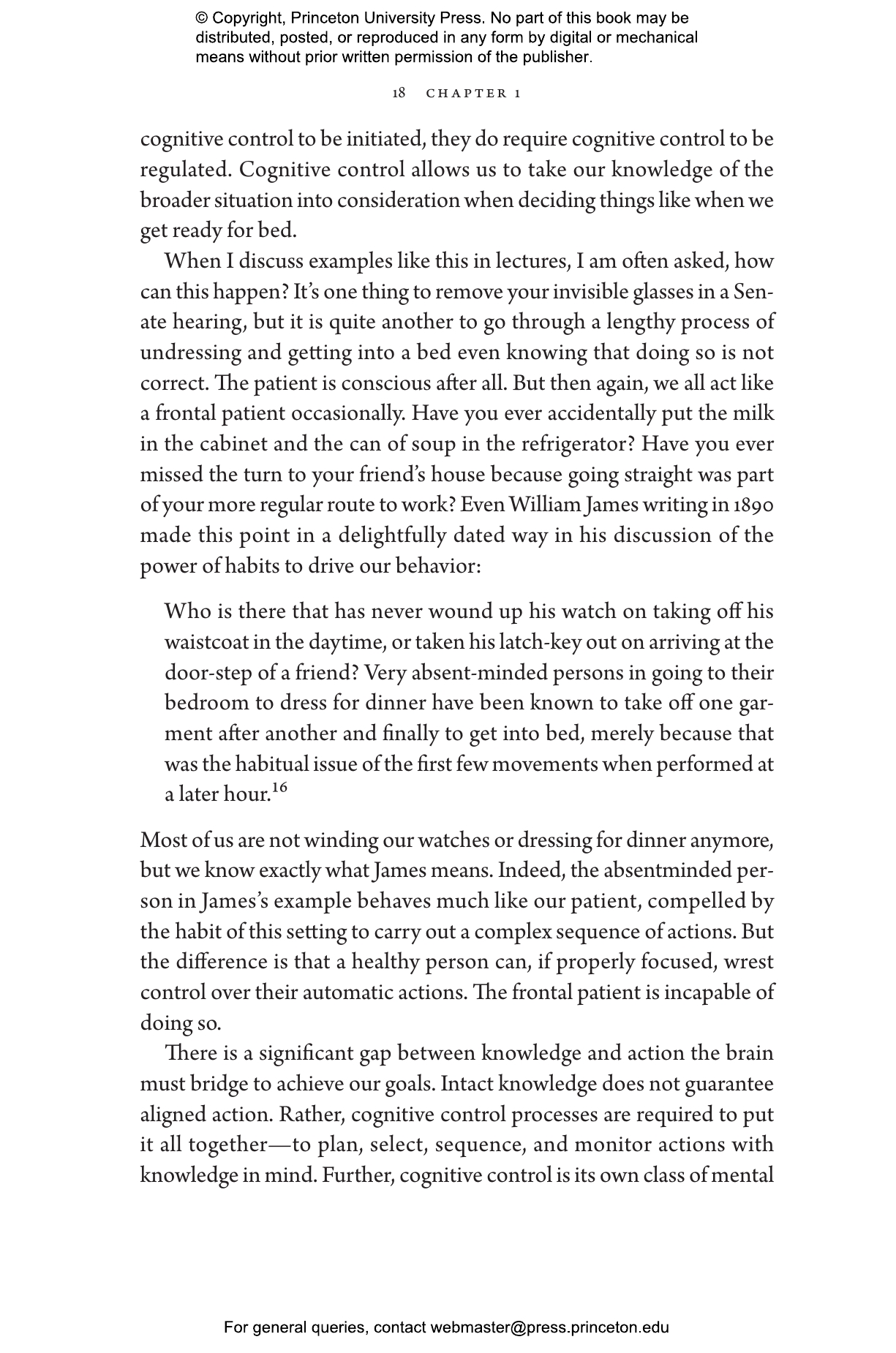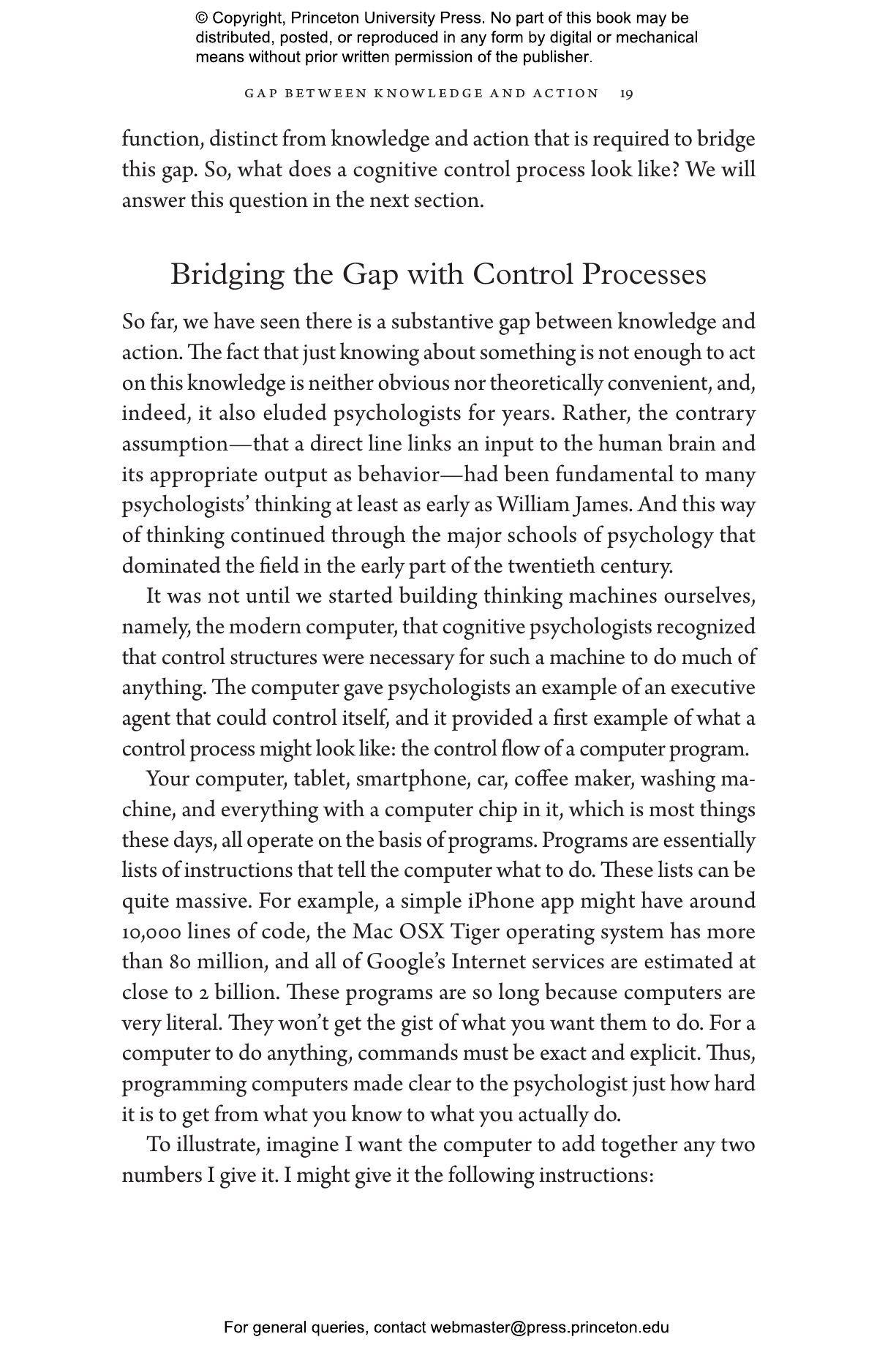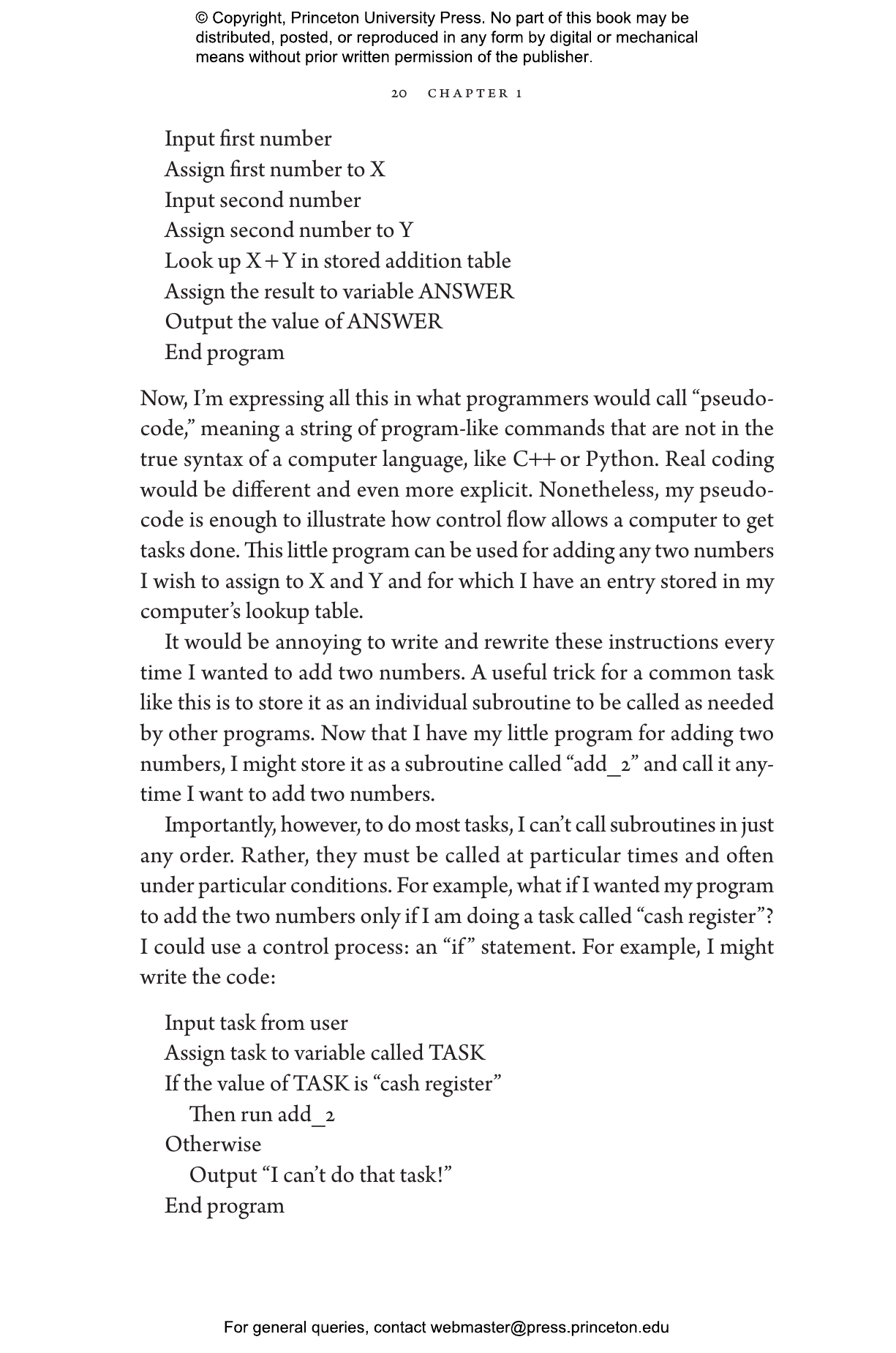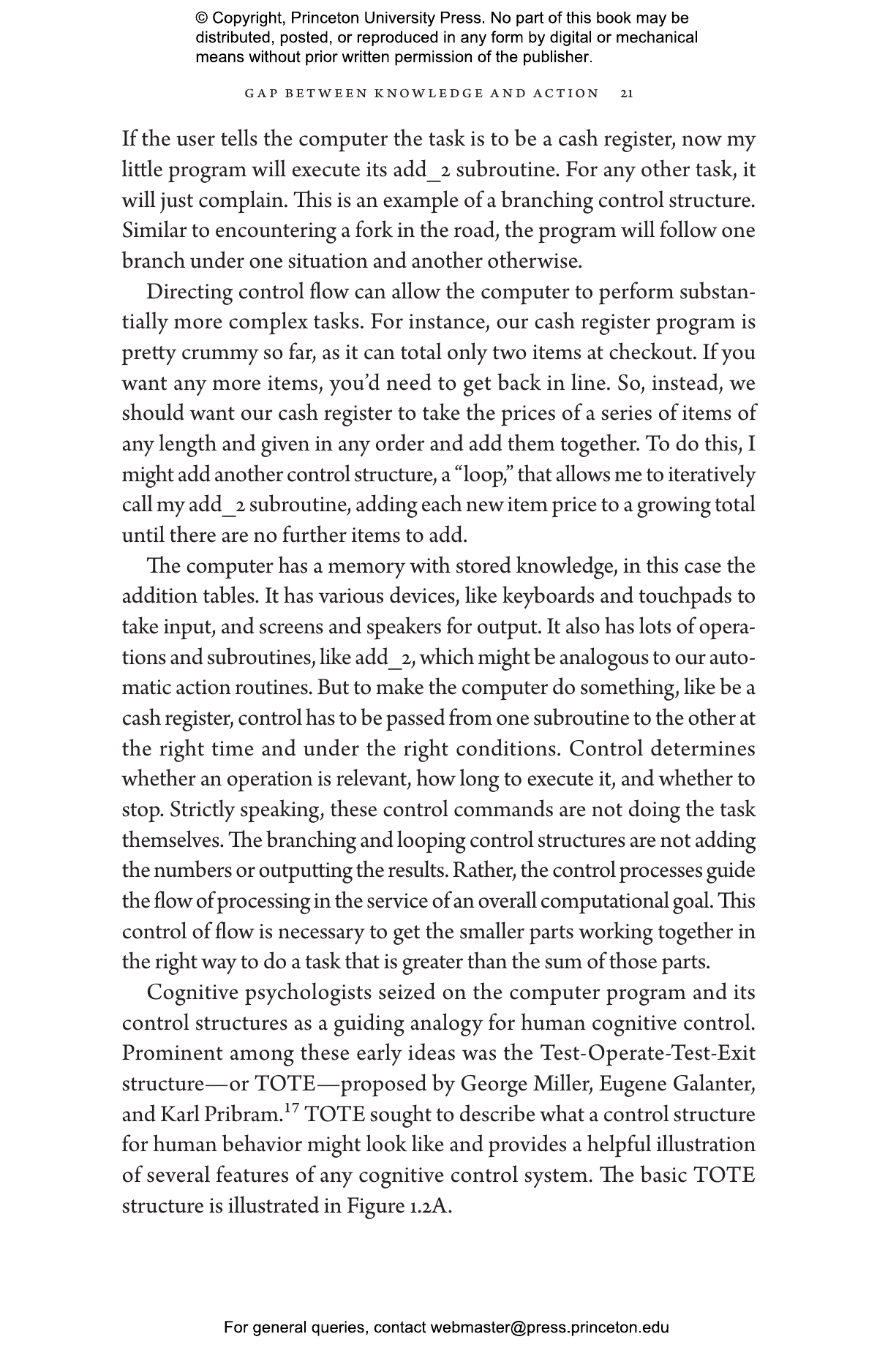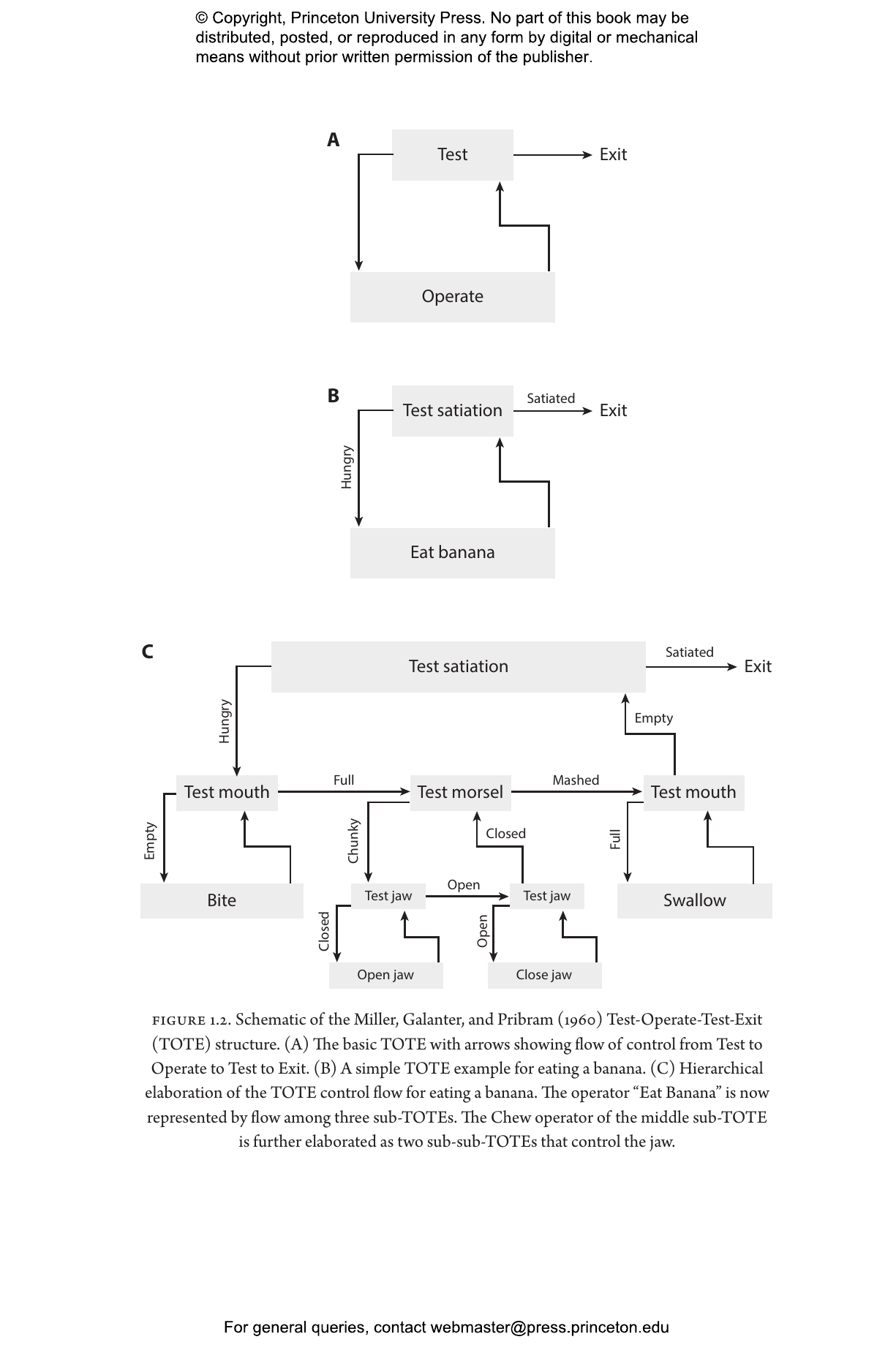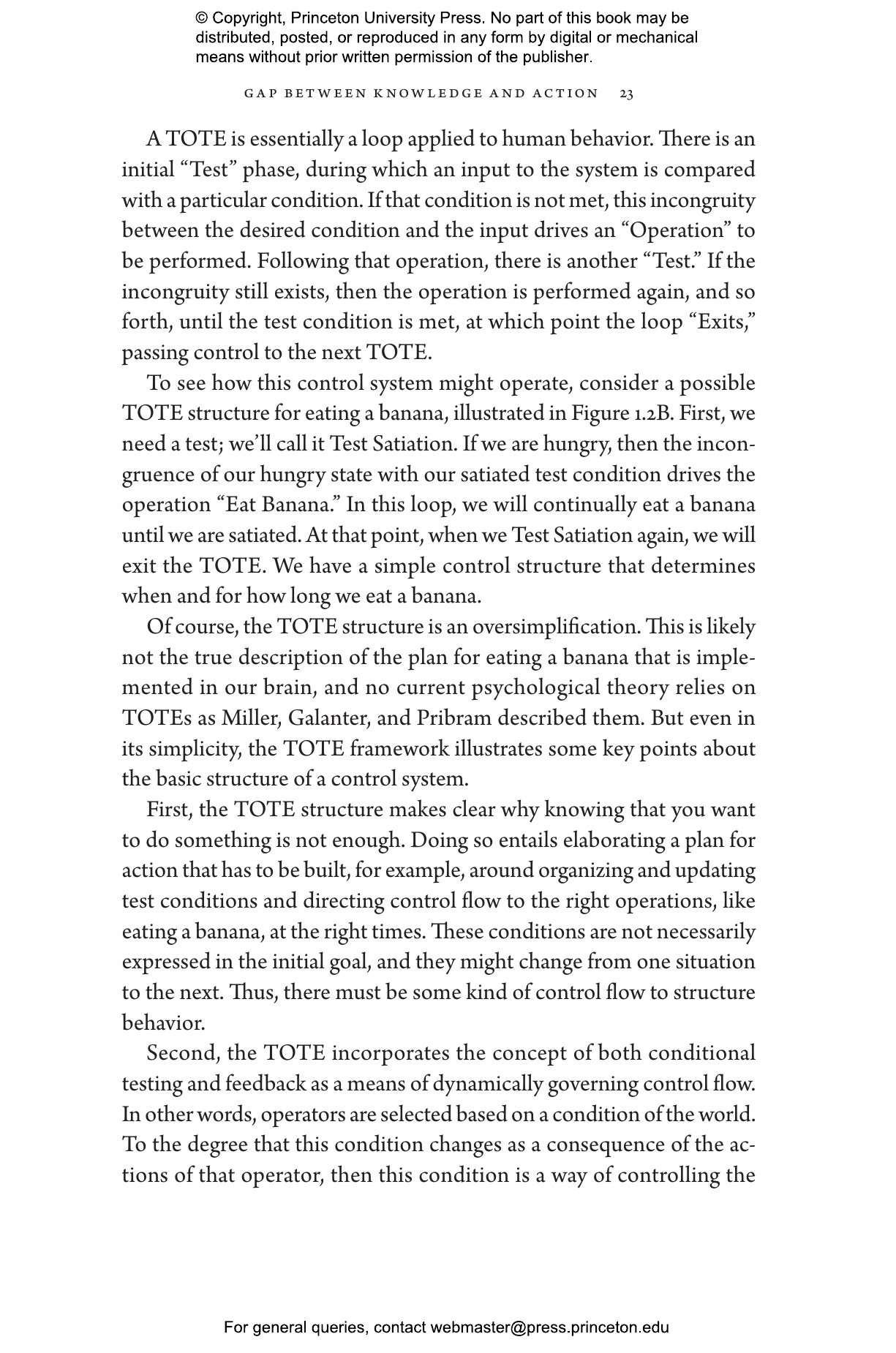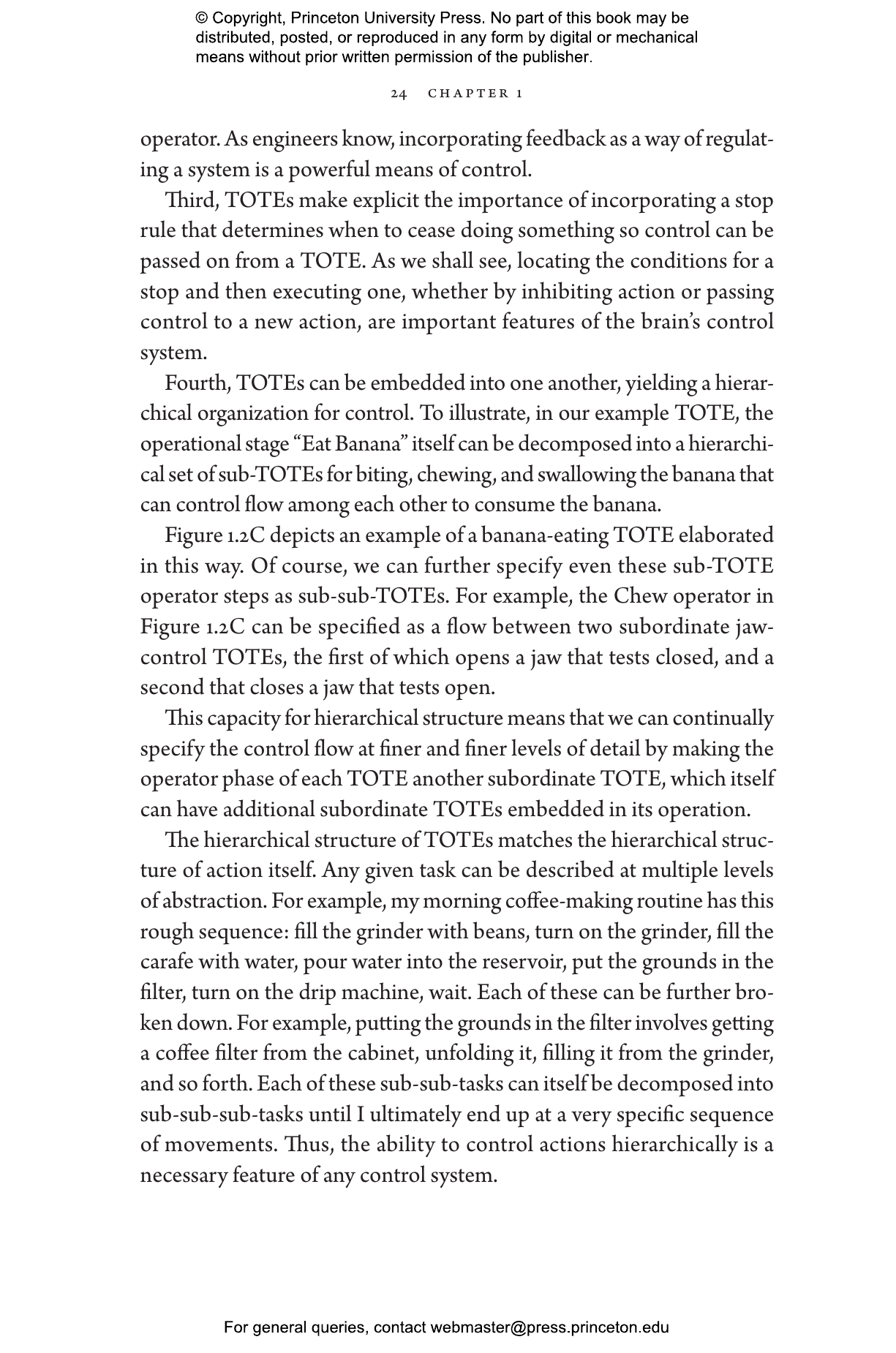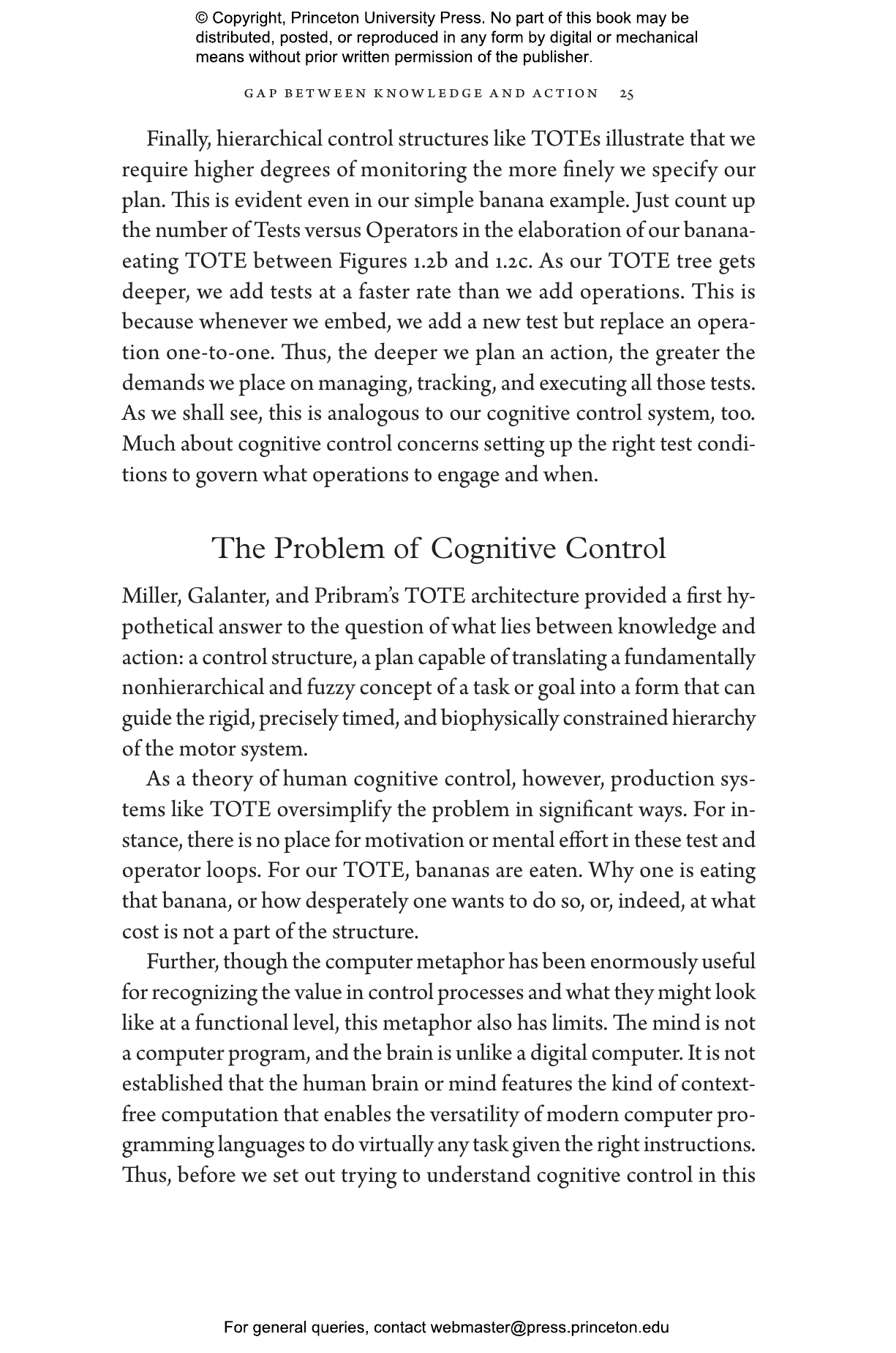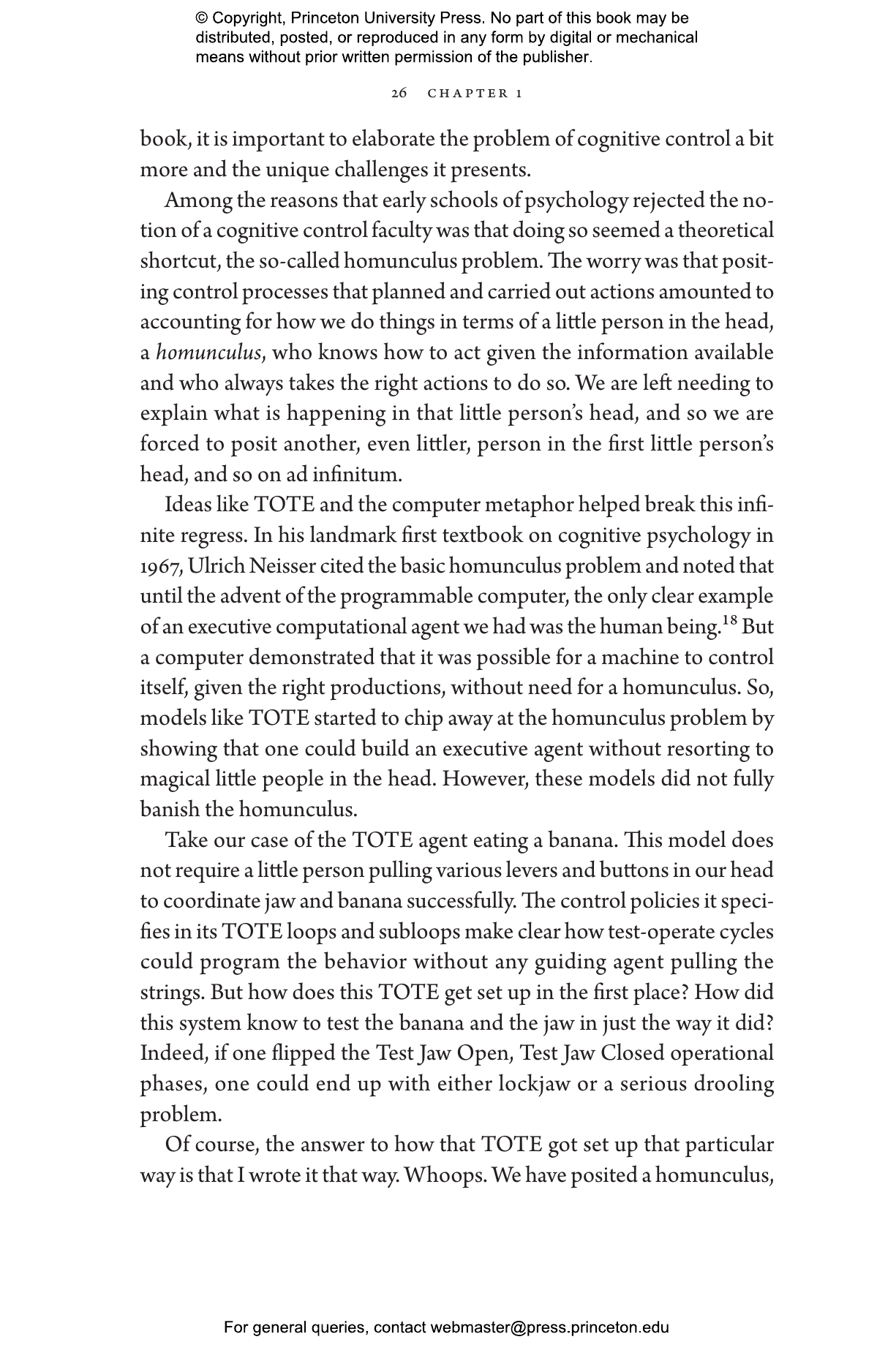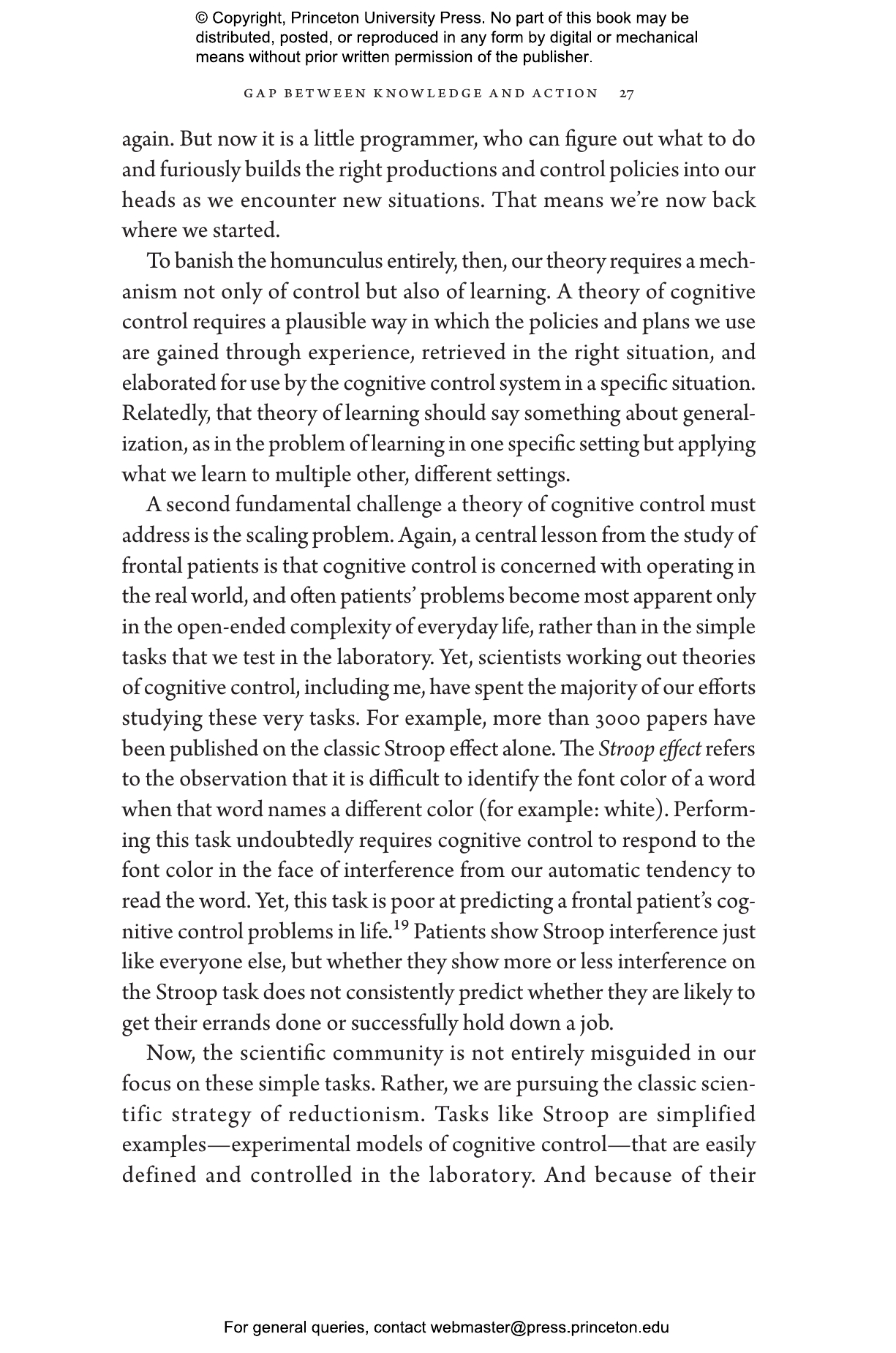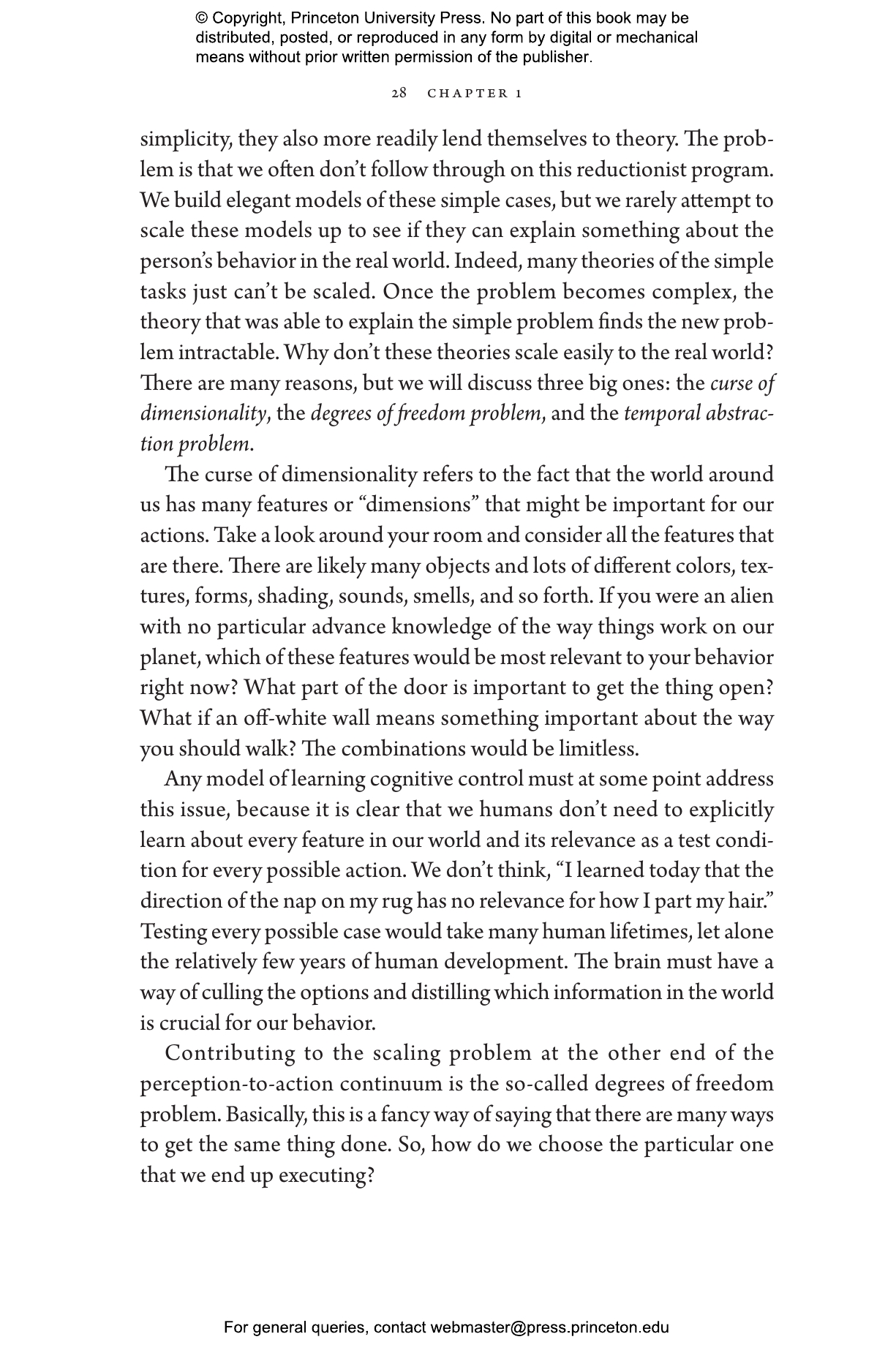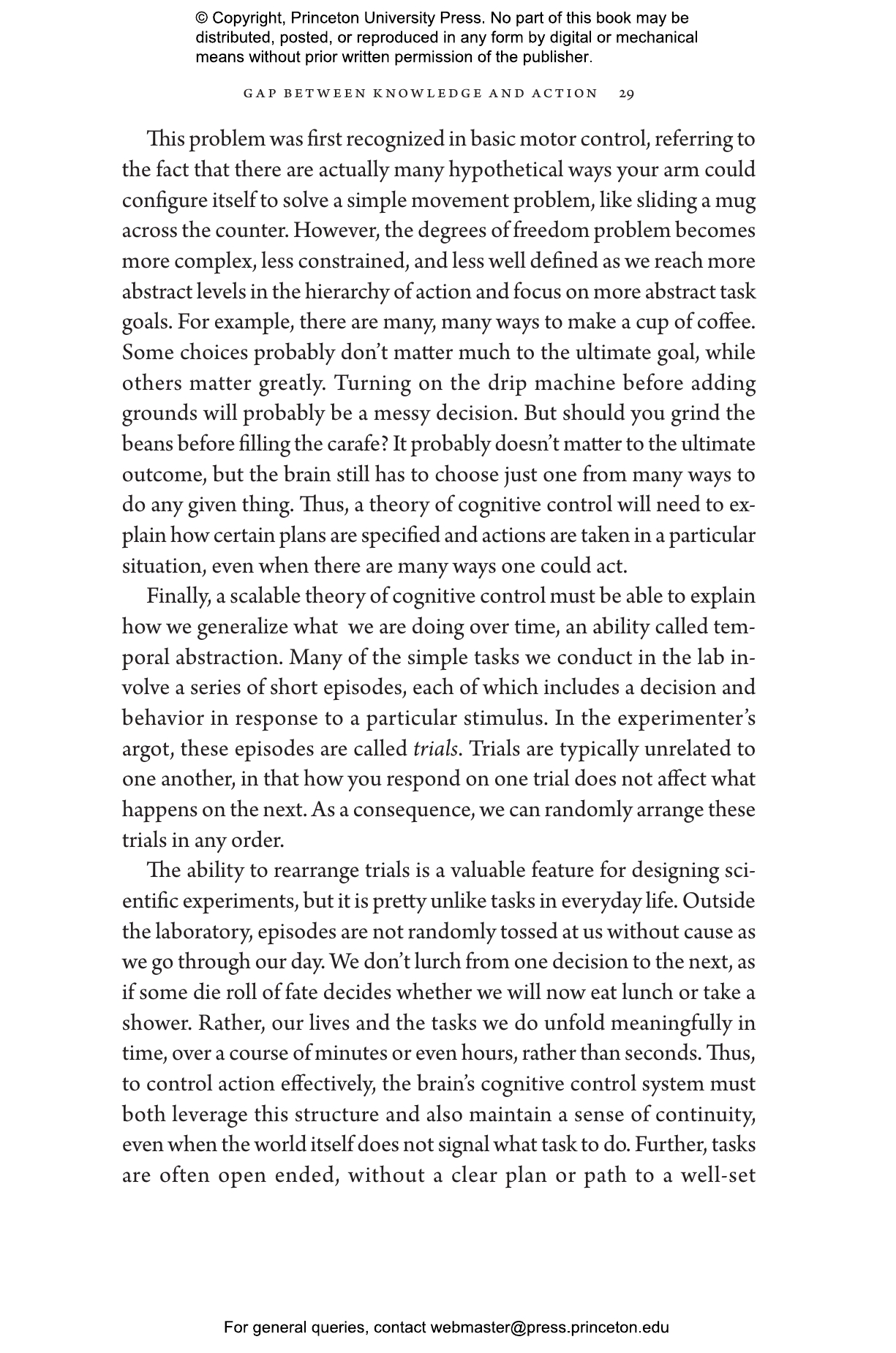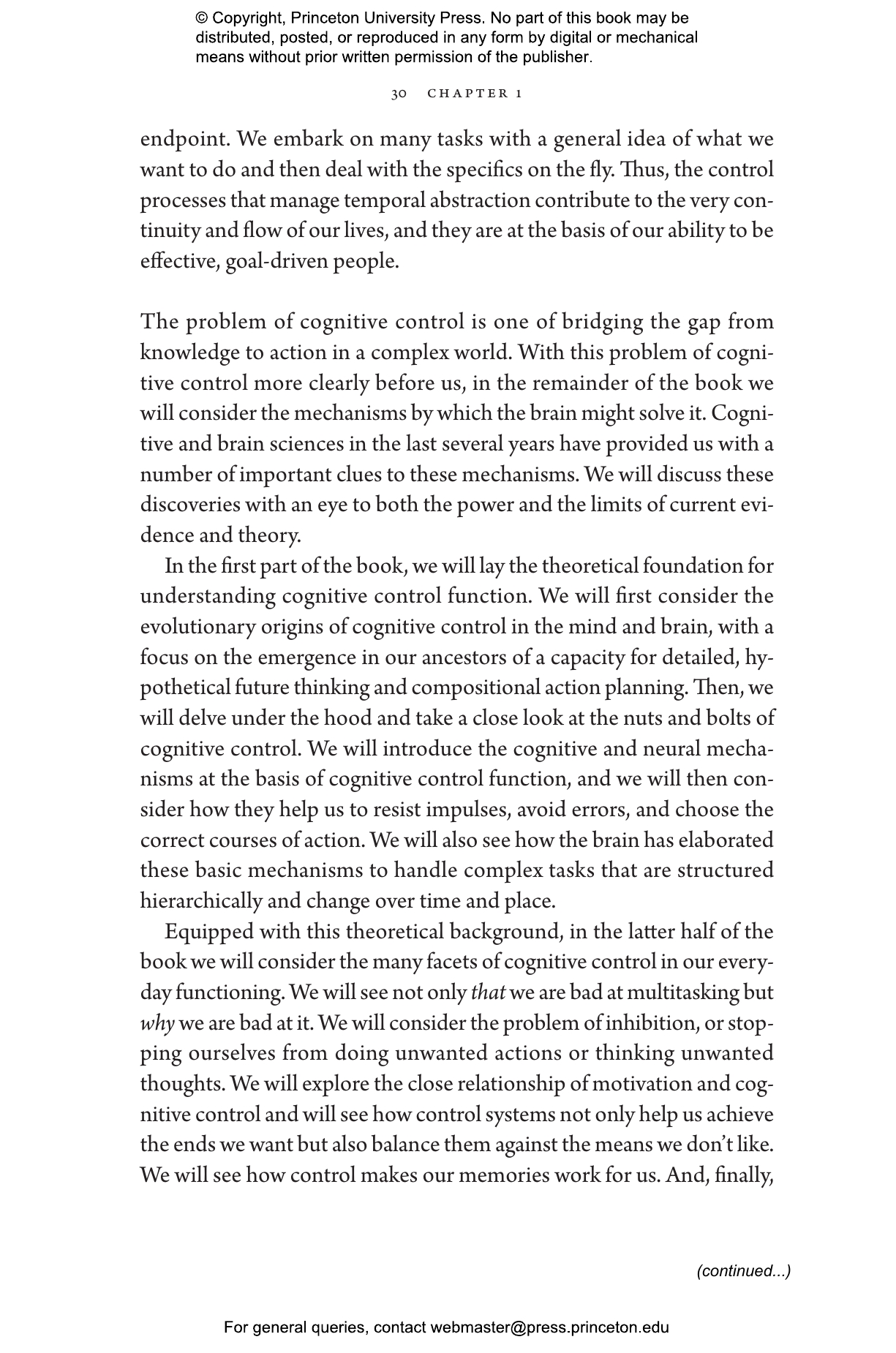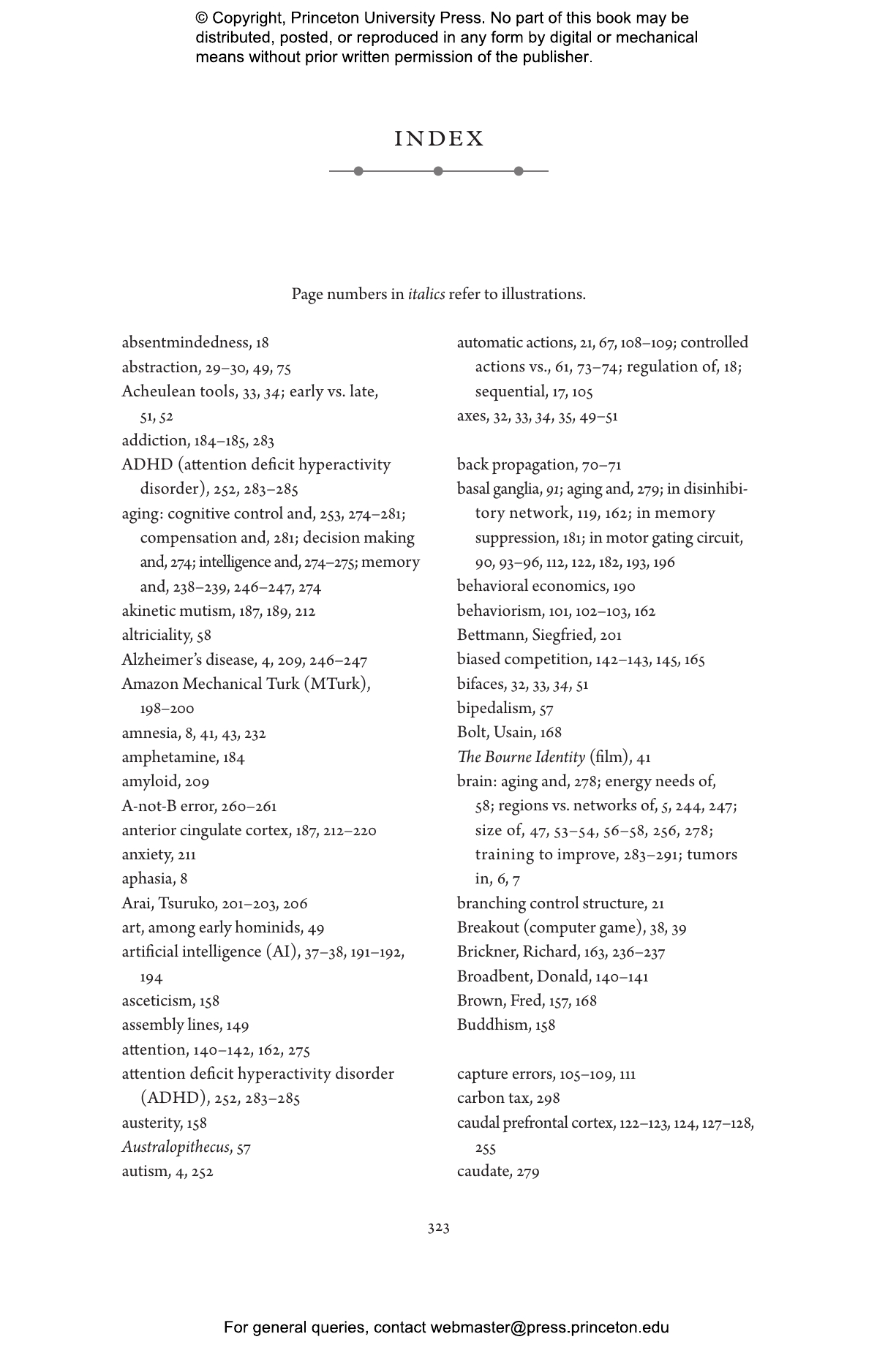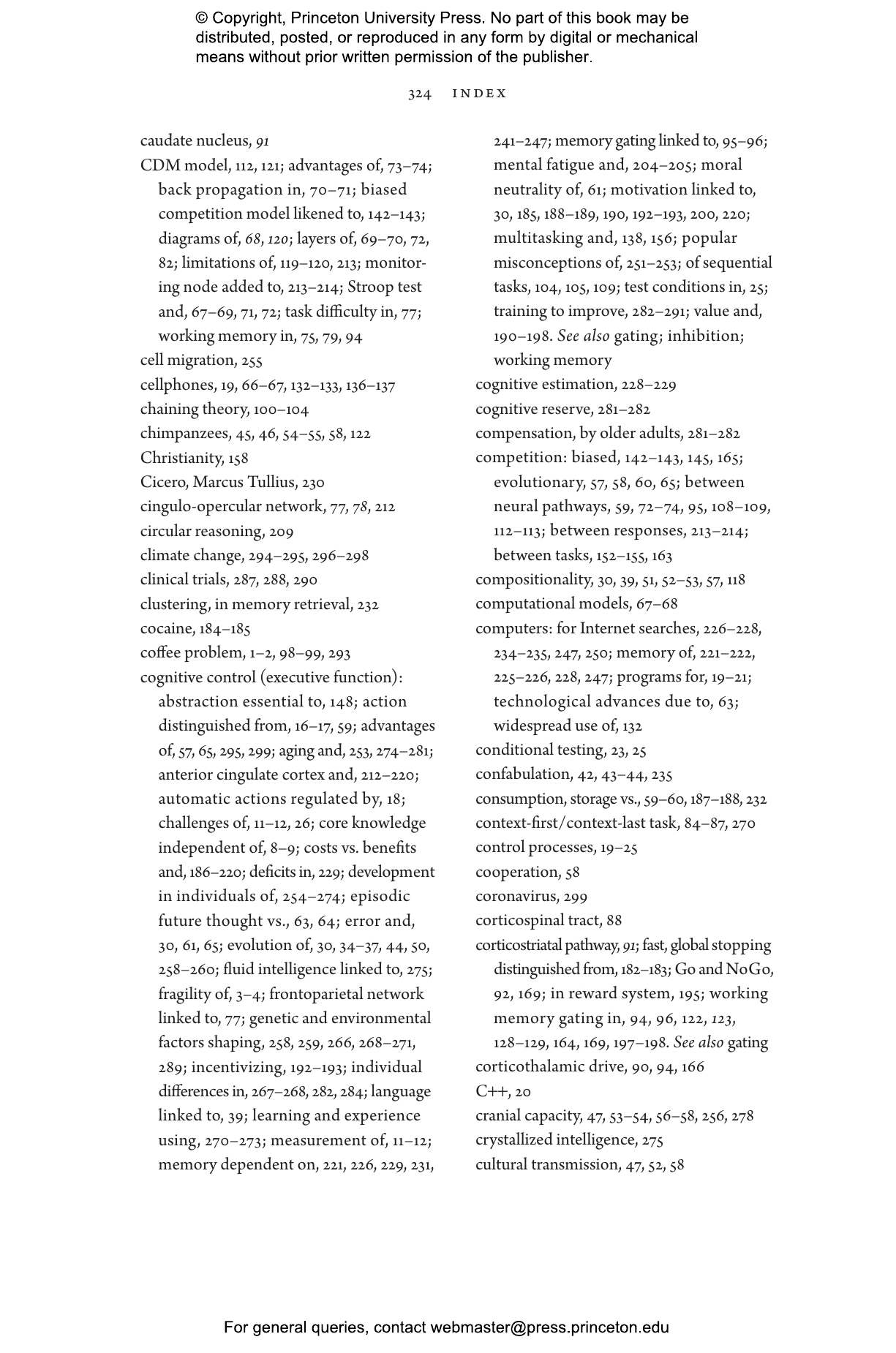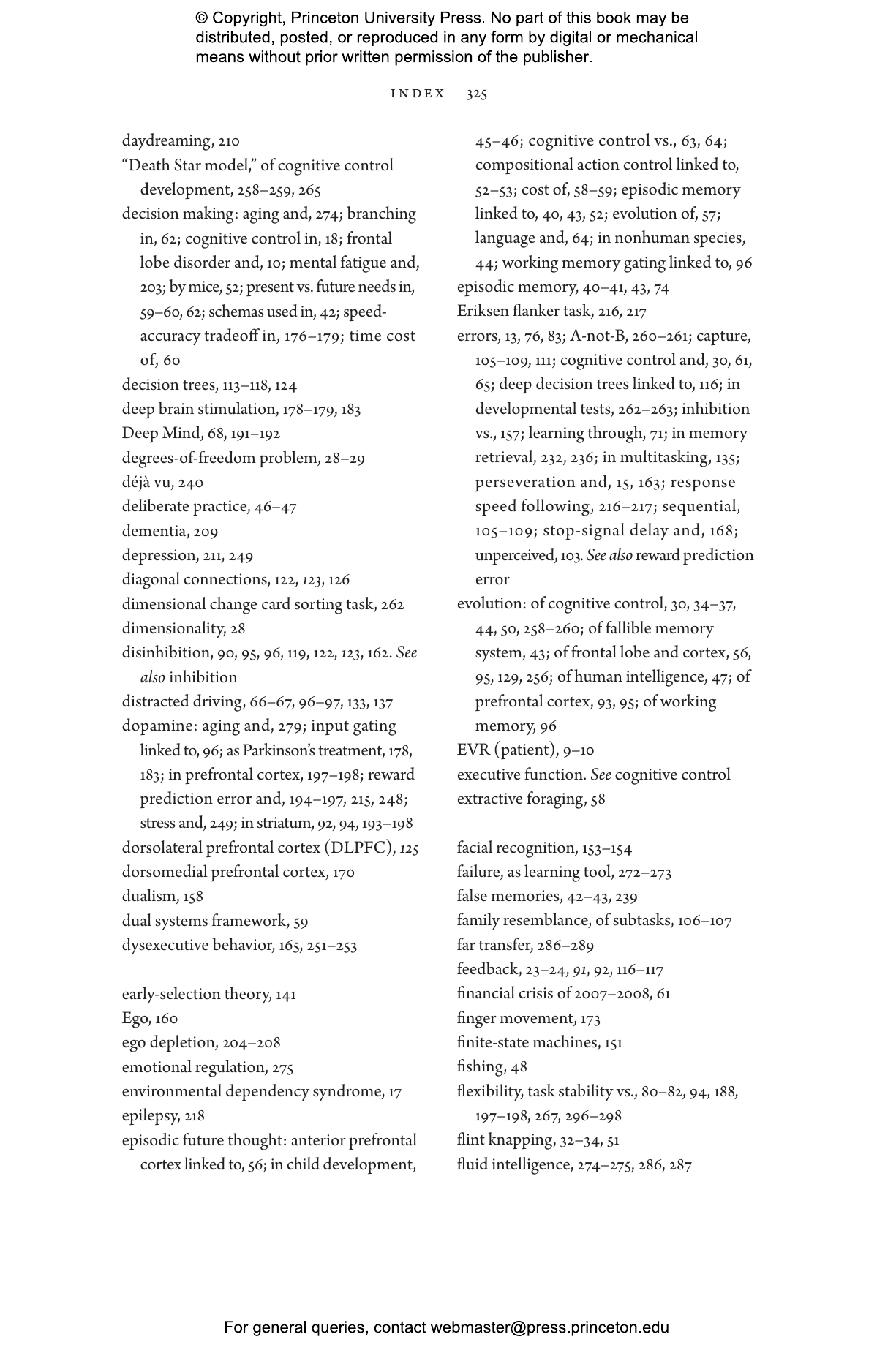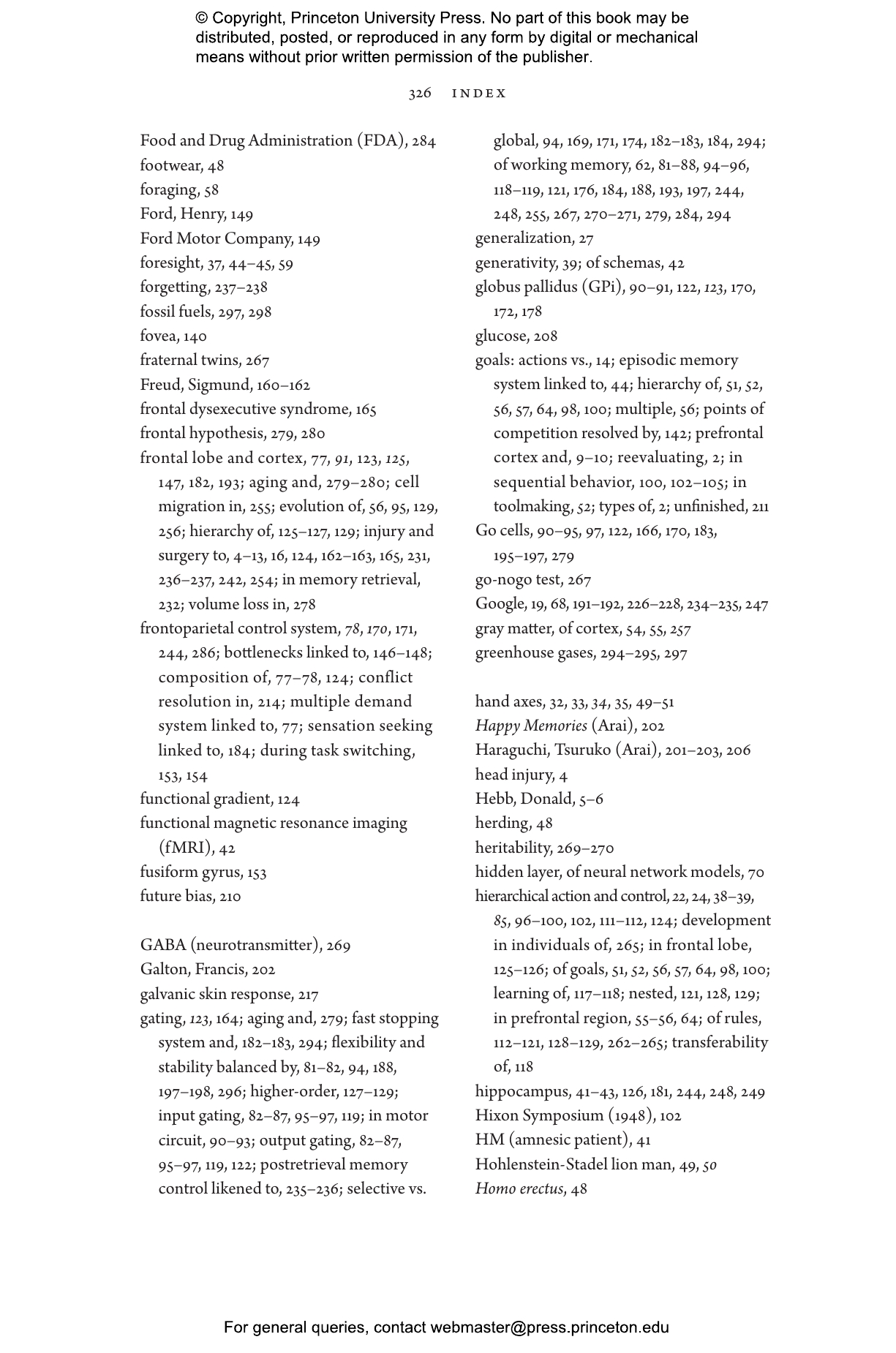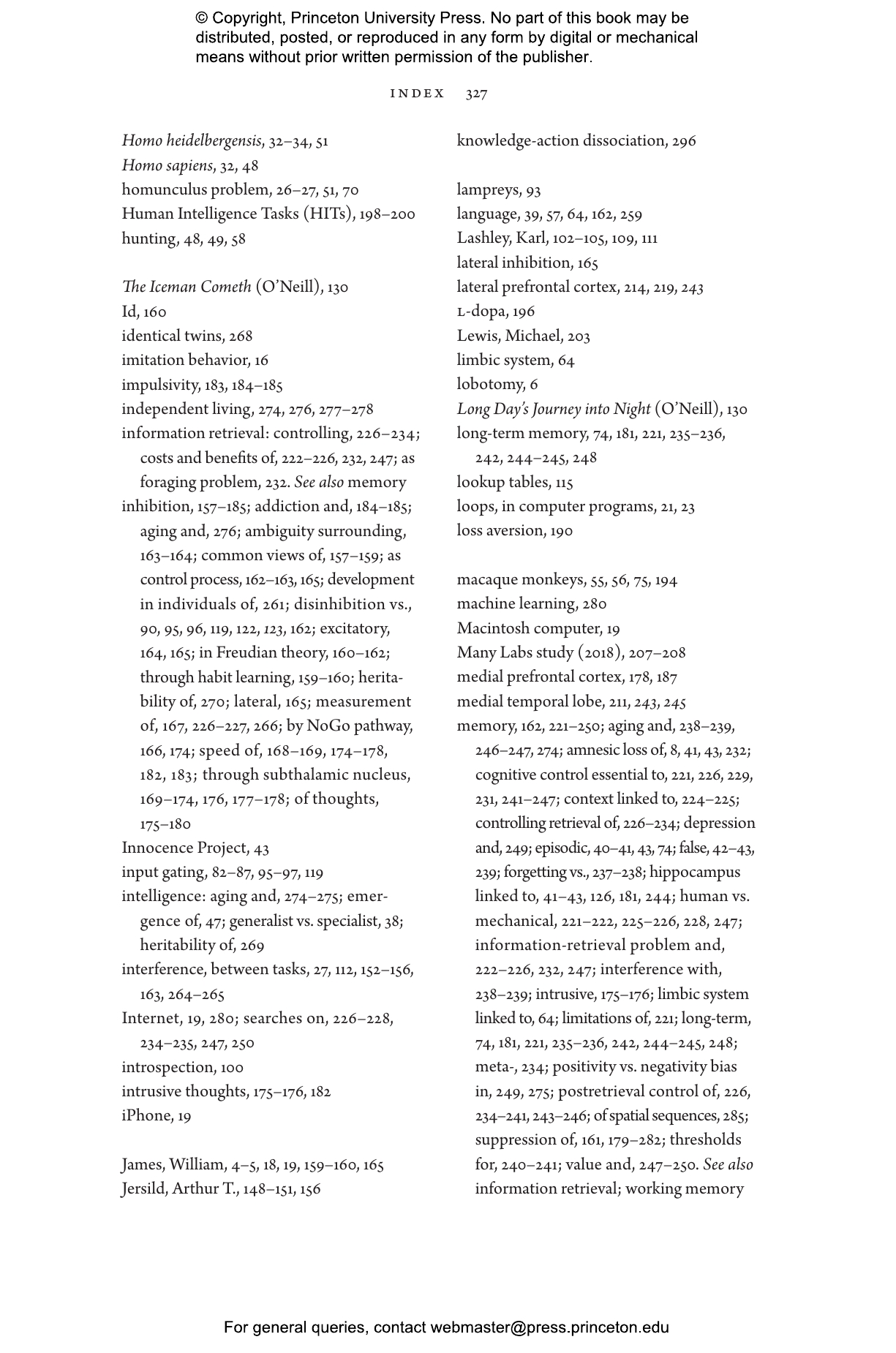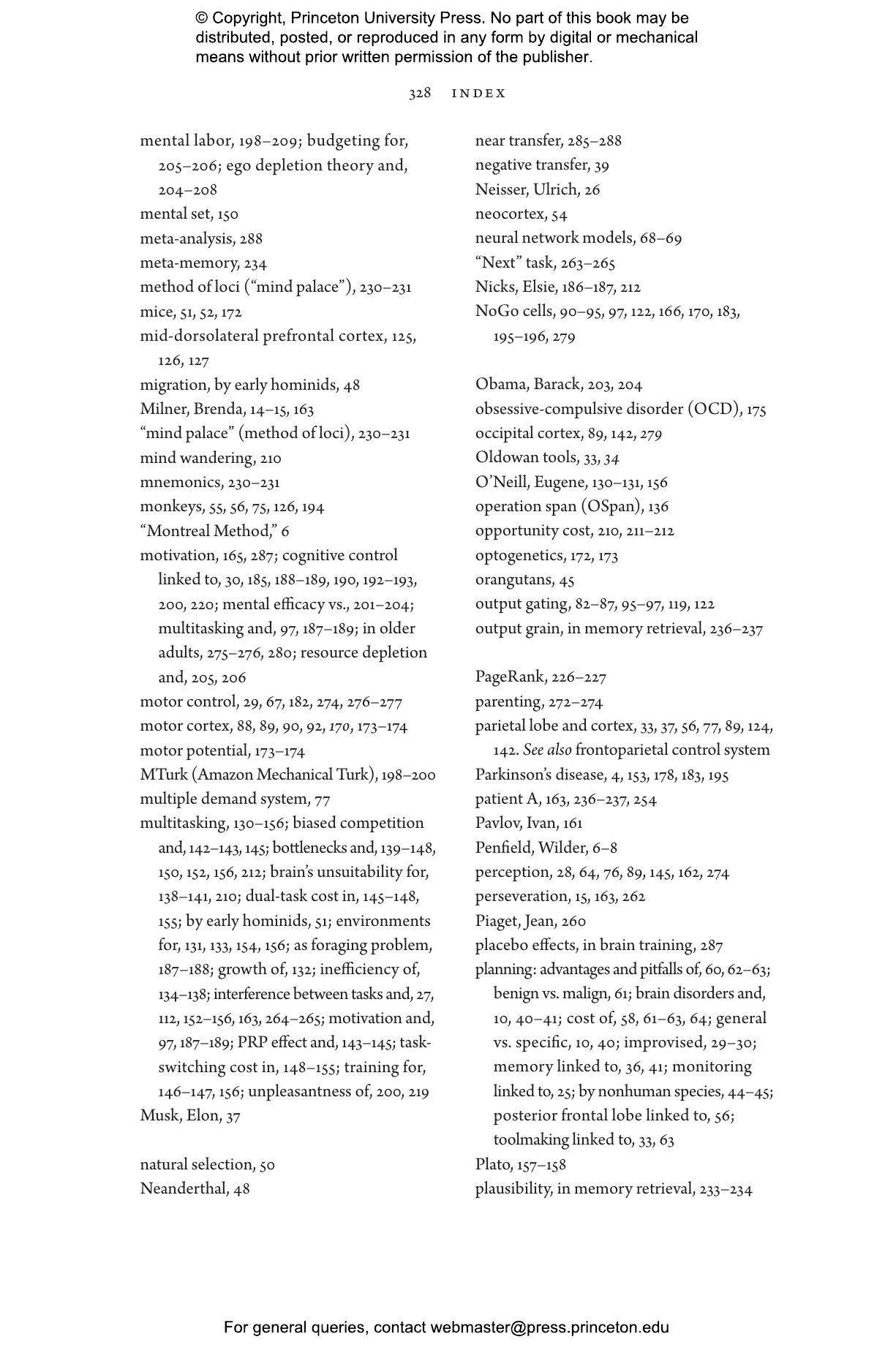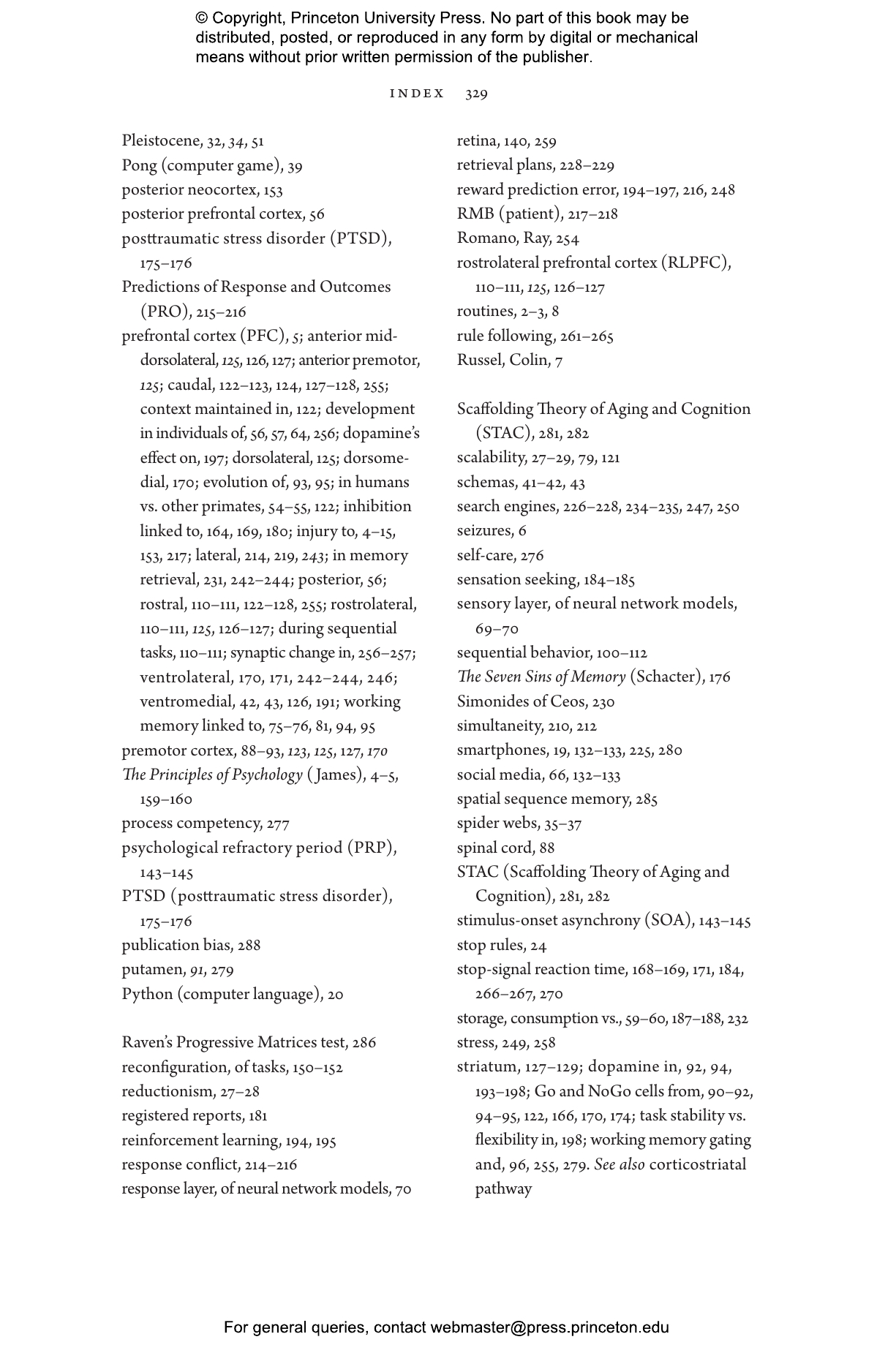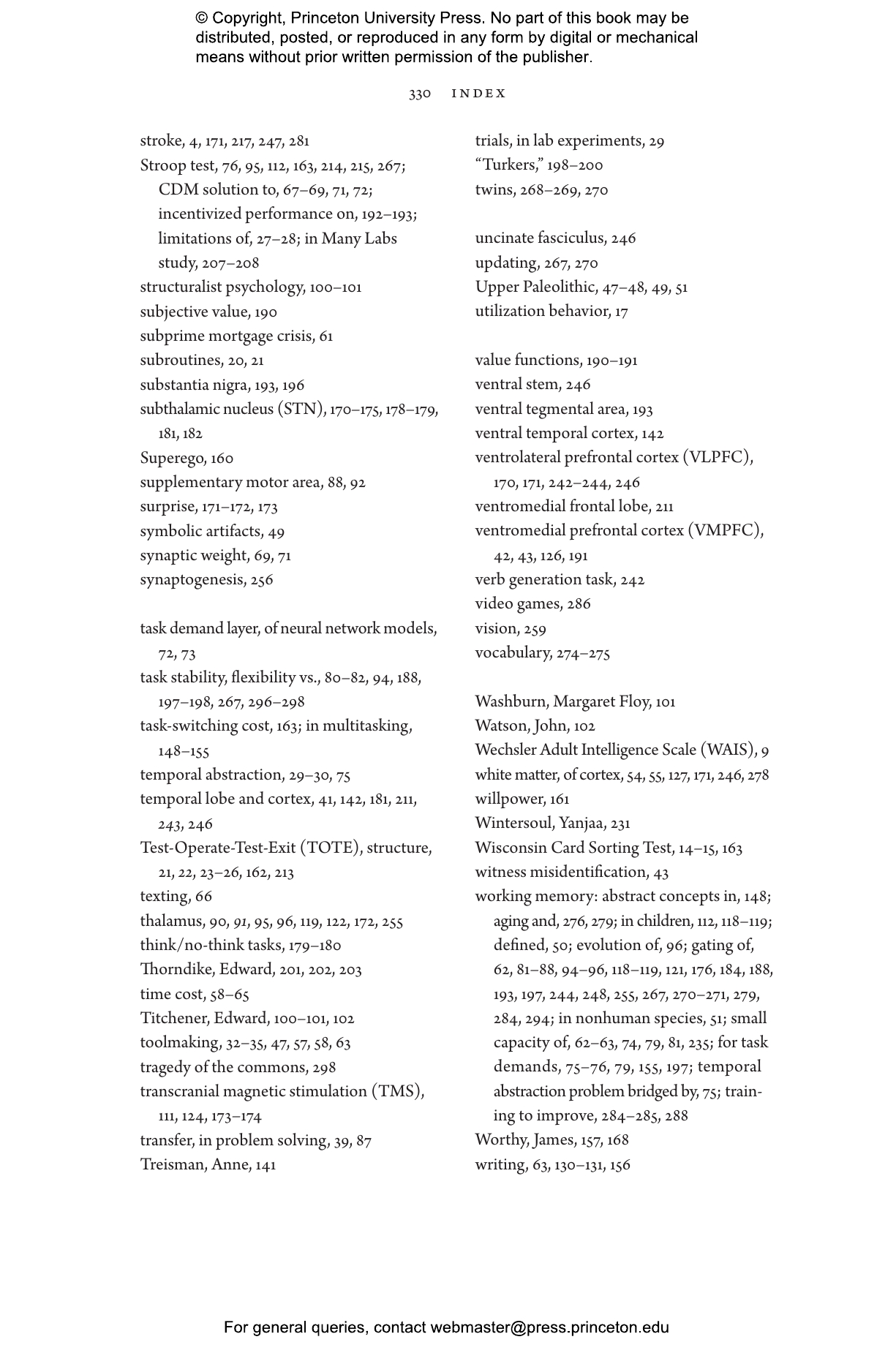Why is it hard to text and drive at the same time? How do you resist eating that extra piece of cake? Why does staring at a tax form feel mentally exhausting? Why can your child expertly fix the computer and yet still forget to put on a coat? From making a cup of coffee to buying a house to changing the world around them, humans are uniquely able to execute necessary actions. How do we do it? Or in other words, how do our brains get things done? In On Task, cognitive neuroscientist David Badre presents the first authoritative introduction to the neuroscience of cognitive control—the remarkable ways that our brains devise sophisticated actions to achieve our goals. We barely notice this routine part of our lives. Yet, cognitive control, also known as executive function, is an astonishing phenomenon that has a profound impact on our well-being.
Drawing on cutting-edge research, vivid clinical case studies, and examples from daily life, Badre sheds light on the evolution and inner workings of cognitive control. He examines issues from multitasking and willpower to habitual errors and bad decision making, as well as what happens as our brains develop in childhood and change as we age—and what happens when cognitive control breaks down. Ultimately, Badre shows that cognitive control affects just about everything we do.
A revelatory look at how billions of neurons collectively translate abstract ideas into concrete plans, On Task offers an eye-opening investigation into the brain’s critical role in human behavior.
Awards and Recognition
- Finalist for the PROSE Award in Popular Science and Mathematics, Association of American Publishers
"How billions of neurons come together to turn thought into action is astounding in itself, but cognitive neuroscientist David Badre takes this to new levels in his book."—Amy Barrett, BBC Science Focus Magazine
"On Task is a stimulating, enjoyable read for anyone interested in brain function, particularly if you want to understand how researchers are attempting to unravel some of the biggest mysteries of them all: how humans think, how they are successful when confronted with new challenges and how prefrontal cortex might contribute to that success."—Masud Husain, Brain
"Badre provides a thorough and engaging introduction to the history of the study of cognitive control, and an overview of new developments from the last 20 years."—Zsuzsa Kaldy, Current Biology
"I would definitely recommend On Task to anyone who is interested in metacognition and understanding how your brain makes decisions."—Leslie Hamachi, Chemistry World
"Getting things done is essential to success in life. On Task provides a highly entertaining and informative look into how the brain accomplishes this crucial feat. Expertly combining startling observations of patients with neurological disorders, breakthrough findings from cutting-edge neuroimaging techniques, and insightful accounts of everyday actions, David Badre paints a compelling picture of the nature and origins of cognitive control."—Daniel L. Schacter, Harvard University and author of The Seven Sins of Memory
"Nobody has thought harder about how the brain gets things done than David Badre. In On Task, he moves from early studies of brain damage to modern neuroscience, from childhood to old age, and from human evolution and genetics to the demands of today’s electronic world. This authoritative, sweeping, and marvelously accessible book is a great introduction to the questions, insights, and puzzles of modern scientific thinking."—John Duncan, author of How Intelligence Happens
"In this engaging and authoritative book, David Badre introduces a critical but unfamiliar aspect of cognitive psychology, affording readers a new perspective on human decision making and behavior."—Matthew Botvinick, Google DeepMind and University College London
"This highly inspiring and masterful book provides historical and contemporary insights into the most fascinating of brain functions. With a welcoming narrative style, On Task is key reading not only for those of us interested in how we master our animal base, but for anyone curious about the generative wonders and responsibilities that come with natural intelligence."—Roshan Cools, Radboud University
